Research Fellows

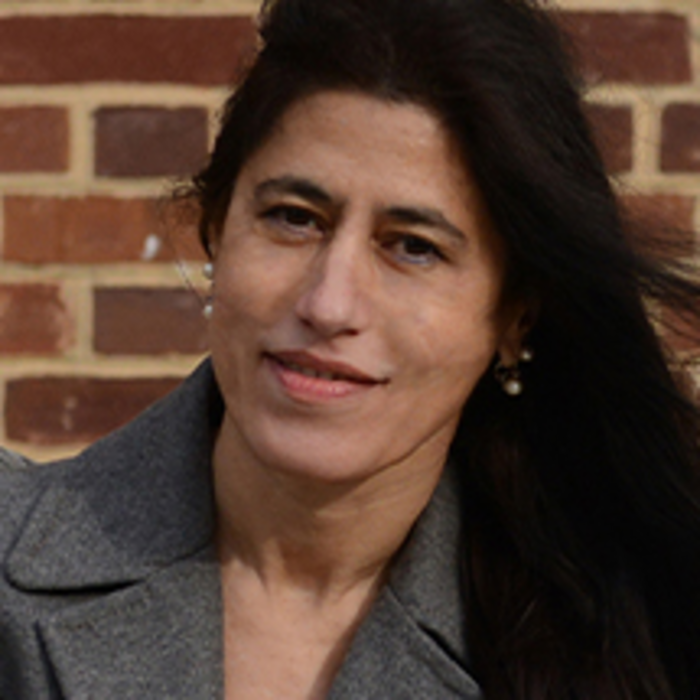
Anna Alberini
Anna Alberini is a professor in the Department of Agricultural and Resources Economics at the University of Maryland (UMD), College Park, and an affiliate of the Maryland Transportation Institute at UMD. She is an energy and environmental economist. Her energy economics research focuses on residential energy demand, energy efficiency decisions, energy pricing, policies targeted at shaping residential energy demand, and on vehicle fuel economy and driving decisions. The major focus of her environmental economics research is the estimation of the benefits of environmental health and safety policies, with a special emphasis on the Value per Statistical Life. Anna Alberini received her PhD from the University of California San Diego. Her work has been published, among others, in the Review of Economics and Statistics, the Journal of Environmental Economics and Management, and the Journal of Health Economics. She is a member of the Editorial Boards of The Energy Journal and Energy Economics and an associate editor of Energy Efficiency.
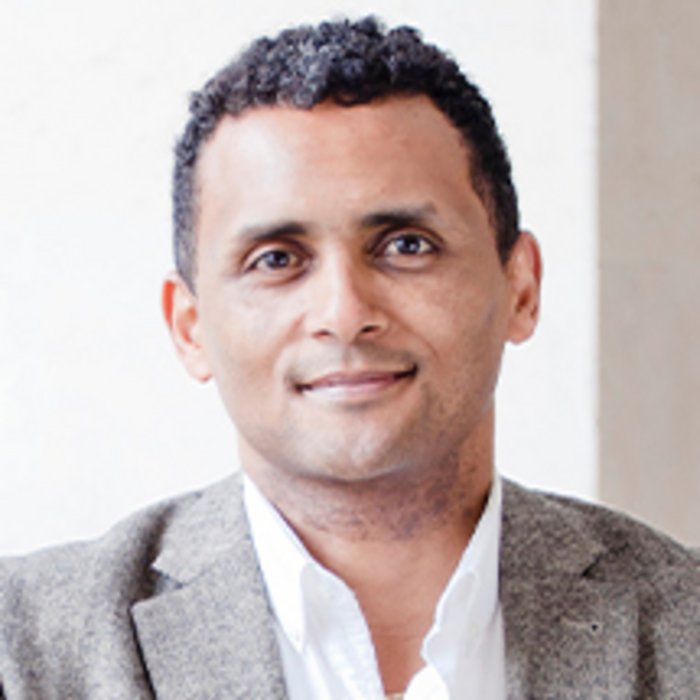
Yonas Alem
Yonas Alem is the Director of Academic Programs at the Environment for Development (EfD) and an Associate Professor at the Department of Economics, University of Gothenburg. He is also a researcher at MIT's Abdul Latif Jameel Poverty Action Lab (J-PAL). His research is at the intersection of development economics, environmental economics, and behavioral and experimental economics with a particular focus on risk and shocks, energy and climate, technology adoption, preference formation, and poverty dynamics in the developing regions of Africa and South Asia. Alem's research uses panel data econometrics and impact evaluation methods, primarily large-scale randomized controlled trials.

Werner Antweiler
After receiving his doctorate in economics from the University of Toronto, Werner Antweiler joined the Sauder School of Business at the University of British Columbia in 1996. He is currently an Associate Professor and hods the Research Chair in International Trade Policy. He also chairs the Strategy and Business Economics Division within the Sauder School of Business. His research aims at the intersection of international trade and the economics of the environment, energy, and natural resources. Recent research focuses on the integration of renewable energy into the electricity system, international trade in electricity and the developing markets for hydrogen, and the electrification of mobility. Professor Antweiler is also author of the textbook "Elements of Environmental Management”, and he is a frequent commentator on business topics and public policy issues in local and national media. At UBC he teaches courses on environmental economics and policy as well as international business and innovation, and he is also part of UBC's Climate Research Collective and the Future Minerals Working Group.

Daniel Avdic
Daniel Avdic is an associate professor for economics at Deakin University, Melbourne. Previously, he was a Senior Research Fellow at the Centre for Health Economics at Monash Business School. He holds a PhD in Economics from Uppsala University. His research interests include health and labour economics and applied microeconometrics.

Daniel Baumgarten
Daniel Baumgarten is a senior researcher at the ifo Institute (Leibniz Institute for Economic Research at the University of Munich). Previously, he held positions as an assistant professor at LMU Munich and as a post-doctoral researcher at RWI, and he spent terms as a visiting researcher at the Aarhus School of Business/Aarhus University and as a visiting lecturer at the University of Magdeburg. He received his PhD from the Ruhr Graduate School in Economics/Ruhr-University Bochum. His research interests are in the areas of international economics and labor economics, with a particular focus on the labor market effects of globalization.

Stefan Bender
Stefan Bender is Head of the Research Data and Service Center of the Deutsche Bundesbank. One of his positions is vice-chair of the German Data Forum (www.ratswd.de). His research interests are data access, data quality, merging administrative, survey data and/or big data, record linkage, unemployment, management quality and mobility of inventors. He has published over 100 articles in journals including the AER or the QJE.
Website
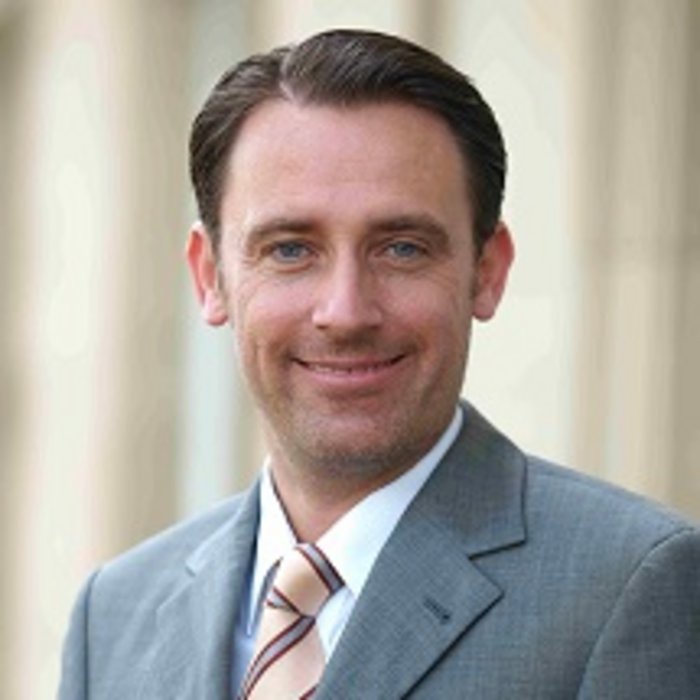
Martin Biewen
Martin Biewen is a professor of Econometrics at the University of Tübingen. He received his doctoral degree in Economics from the University of Heidelberg and his habilitation from the University of Mannheim. He held prior academic positions at the University of Essex, the University of Frankfurt and the University of Mainz. His current research interest include topics in labour economics, education economics, and the distribution of income.

Julia Blasch
Julia Blasch is an Assistant Professor in Environmental Economics at the Institute for Environmental Studies (IVM) at Vrije Universiteit Amsterdam and a Research Affiliate at the Centre for Energy Policy and Economics (CEPE) of ETH Zurich. She obtained her PhD degree in Environmental Economics from ETH Zurich in 2014. Her research covers applied environmental and energy economics with a focus on pro-environmental behaviour and decision-making, in particular regarding residential energy efficiency.
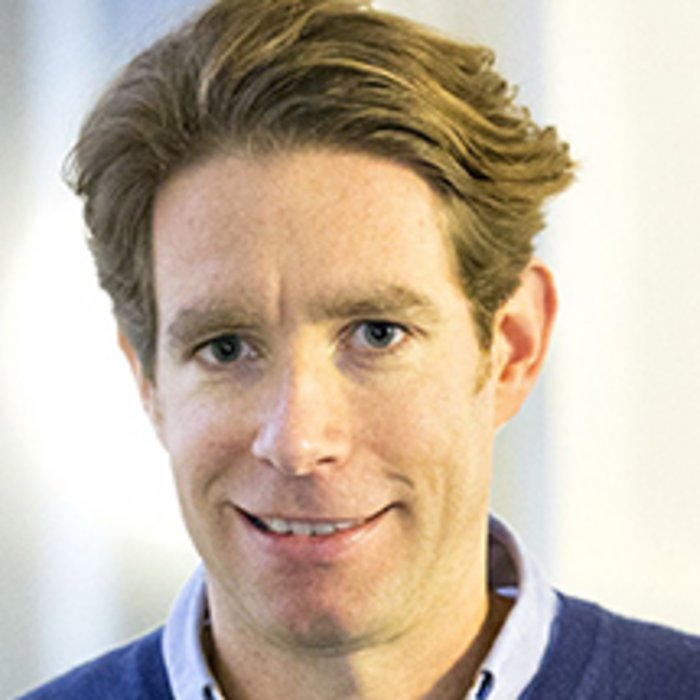
Sebastian Braun
Sebastian Braun is Professor of Economics at the University of Bayreuth where he holds the chair for Quantitative Economic History (VWL VII). Before joining the University of Bayreuth, he was an Associate Professor at the University of St Andrews. He also held visiting positions at Copenhagen Business School, University College London, and University of Melbourne. His current research is on the economic effects of immigration and the evolution of intergenerational mobility, with a focus on Germany in the 19th and 20th century.
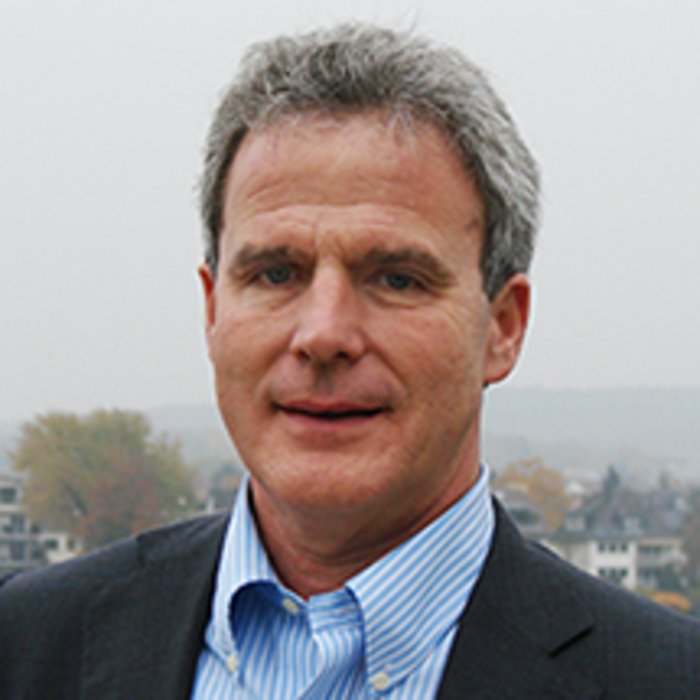
Michael C. Burda
Michael C. Burda has been Professor of Economics at the Humboldt University Berlin since 1993, and also teaches at the European School of Management and Technology (ESMT). He has also taught at at the Institut Européen d´Administration des Affaires (INSEAD) in Fontainebleau, France and at Berkeley. His research interests are in macroeconomics, the economics of labor markets, and the integration of the economies of Europe. Burda has published in the American Economic Review, Journal of the European Economic Association, European Economic Review, Journal of Applied Econometrics, and Economic Journal among others. Burda received his B.A., M.A. and Ph.D. (1987) at Harvard University. In 1998, Burda received the Gossen Prize of the German Verein für Socialpolitik. In June 2013, the Faculty of Economics of the Otto von Guericke University Magdeburg conferred on him the honorary doctoral degree (Dr. rer. pol. h.c.) in recognition of his research on German reunification.
Michael C. Burda is a founding member of the RWI Research Network.
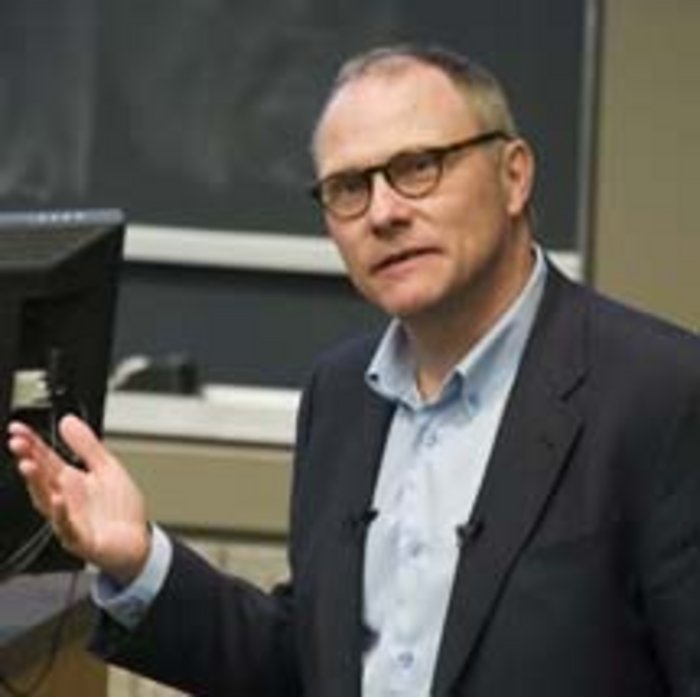
David Card
David Card is professor at the University of California at Berkeley. He received his PhD from Princeton University in 1983. Card's current research interests include immigration, wages, education, and health insurance. He published over 90 journal articles and book chapters in refereed journals such as the American Economic Review, the Quarterly Journal of Economics, or the Journal of Labor Economics. He was a co-recipient of the IZA Labor Economics Award in 2006, and was awarded the Frisch Medal by the Econometric Society in 2007. He was President of the AEA in 2021 and co-recipient of the Nobel Memorial Prize in Economics in 2021.
David Card is a founding member of the RWI Research Network.

Fredrik Carlsson
Fredrik Carlsson is a professor in the Department of Economics, University of Gothenburg. He received his PhD form University of Gothenburg in 1999. His main research interest is on the interface between behavioral and environmental economics. In particular exploring aspects such as social preferences, norms, and fairness concerns for cooperation and resource conservation. He is a co-editor at Journal of Environmental Economics and Management.
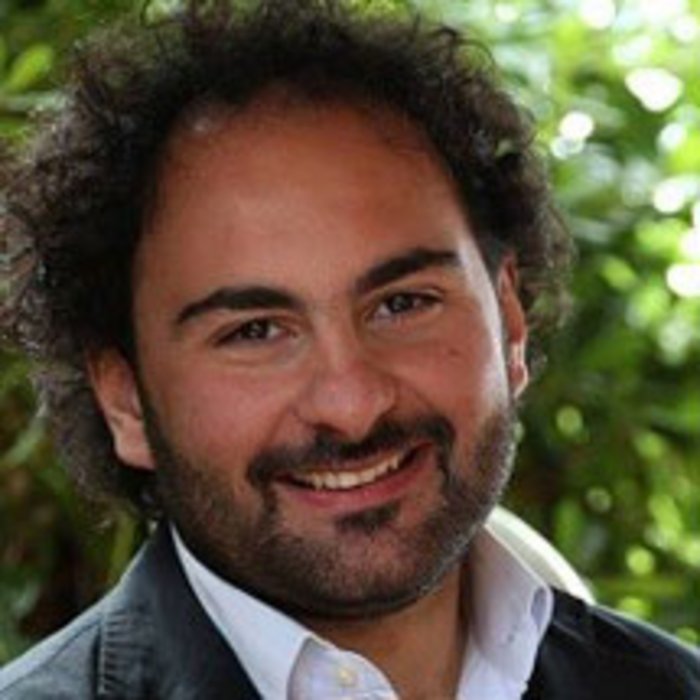
Vincenzo Carrieri
Vincenzo Carrieri is a full Professor of Public Economics at the University of Calabria. Before, he he was an Associate Professor of Public Economics at the "Magna Graecia" University of Catanzaro. He received his PhD from University of Calabria and a PhD specialization in Health Economics and Policy from the Swiss School of Public Health (SSPH+) in 2008. He is affiliated researcher at the Health, Econometrics and Data Group (HEDG) of the University of York. His main research interests are in the fields of health economics, income inequality and applied microeconometrics. He published his contributions among others in the Journal of Health Economics, Health Economics, Health Policy, Oxford Bulletin of Economics and Statistics and Oxford Economic Papers.

Alecia Cassidy
Alecia Cassidy is an environmental and energy economist whose research interests also include real estate, transportation, and urban economics. She has been an Assistant Professor at the University of Alabama in the Economics, Finance, and Legal Studies Department since 2018. She received Ph.D. at University of Michigan. The goal of her research agenda is twofold. First, she analyzes policies relating to energy and the environment, aiming to understand their efficacy. Second, she endeavors to contribute to the understanding of consumer behavior and preferences. Her research interests include Applied Econometrics, Energy, Environmental and Resource Economics and Urban Economics.

Vincent Chandler
Vincent Chandler is an assistant professor at the industrial relations department at the Université du Québec en Outaouais. Previously, he was an assistant professor at Saint Mary`s University. He completed his doctoral studies at Queen`s University. His research focuses on topics in applied public, health and labour economics and has been published in Small Business Economics, Economics of Education Review and Canadian Public Policy.

Bruce Chapman
Bruce Chapman is a founding member of the RWI Research Network
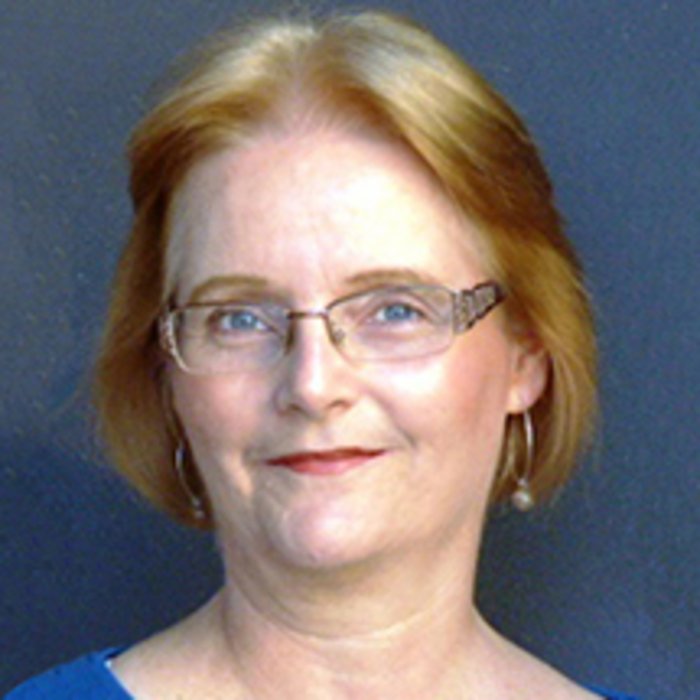
Deborah Cobb-Clark
Deborah Cobb-Clark is Professor of Economics at the University of Sydney. She is Director of the Program in Gender and Families at the Institute for the Study of Labor (IZA) in Bonn, Germany; a Chief Investigator in the ARC Centre of Excellence for Children and Families over the Life Course; and an elected Fellow of the Academy of Social Sciences in Australia. Deborah earned a PhD in Economics from the University of Michigan (1990). Prior to joining the University of Sydney, she was the Ronald Henderson Professor and Director of the Melbourne Institute at the University of Melbourne. She has also held positions at the US Labor Department, Illinois State University, and the Australian National University where she was the founding director of The Social Policy Evaluation, Analysis and Research (SPEAR) Centre. Her research agenda centres on the effect of social policy on labour market outcomes including immigration, sexual and racial harassment, health, old-age support, education and youth transitions. She has published more than four dozen academic articles in leading international journals and is a former co-editor of the Journal of Population Economics.
Deborah Cobb-Clark is a founding member of the RWI Research Network.

Georg Cremer
Georg Cremer, born in Aachen in 1952, was Secretary General of the German Caritas Association from 2000 to 2017. Cremer studied economics and educational sciences in Freiburg/Germany. He received his doctoral degree in Economics and his habilitation from the University of Freiburg, where he teaches as adjunct professor. Before his election as Secretary General of Caritas Germany, Cremer worked for 15 years in development cooperation and disaster relief management. His research interests are poverty reduction, the welfare state and the markets for social services in Germany.

Apostolos Davillas
Apostolos Davillas is a microeconomist with research interests spanning various topics, including the socio-economic determinants of health, predictive models for healthcare demand and associated costs, the impact of energy poverty on health and well-being, the economics of obesity, and socio-economic inequalities in health and healthcare. Some of his work also focuses on the survey measurement of health and the implications of measurement error in health data for existing research in health and labor economics. On these topics, Apostolos Davillas has published papers in journals such as the Journal of Health Economics, Health Economics, Journal of Economic Behavior & Organization, Energy Economics, Economics Letters, Review of Income and Wealth, Social Science & Medicine, Economics & Human Biology, and in high-impact interdisciplinary journals. In 2022, he was awarded the "Distinguished Author Award" by Health Economics (Wiley).
Website

Sonja de New
Sonja de New is an Associate Professor at the Centre for Health Economics at Monash University. Her research focuses on the intersection between labour economics and health economics with a particular focus on policy evaluation and the mental health and labour market outcomes of disadvantaged populations.. According to IDEAS, Sonja ranks in the top 9% of all economists (top 6% of female economists) worldwide. She has published in journals such as the EJ, EER, ILRR, JBEES and JBF.
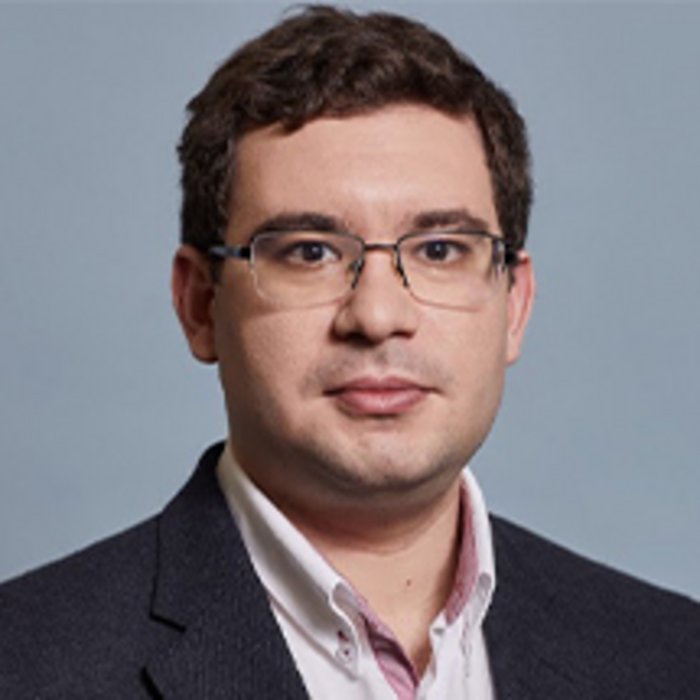
João Pereira dos Santos
João Pereira dos Santos joined the RWI Research Network in 2023. He collaborates with RWI’s research department "Labor Markets, Education, Population".
João is an Assistant Professor at ISEG – University of Lisbon and an IZA research fellow. He received his PhD from Nova School of Business and Economics. His research interests include public economics, migration, policy evaluation, and economic history. His work is published in outlets such as the European Economic Review, the Journal of Economic Geography, Economica, and Regional Science and Urban Economics.

Anna Dreber
Anna Dreber is the Johan Björkman professor of economics at the Stockholm School of Economics. Her current main research interest is in meta-science, where she studies the credibility and reliability of scientific results. Professor Dreber has published in journals such as the American Economic Review, Journal of Finance, Nature, and Science. She is Editor at the Journal of Political Economy Microeconomics, Associate Editor at the Journal of Political Economy, and she is on the Board of Directors at the Institute for Replication.

Christian Dustmann
Christian Dustmann is Professor of Economics at University College London. He is also the founding Director of the Centre for Research and Analysis of Migration (CReAM). He is a labour economist and his work in areas such as migration, the economics of education, inequality, the economics of crime, and the economics of labour markets have appeared in the leading academic journals. He regularly advises government bodies, international organizations, and the media on current policy issues.
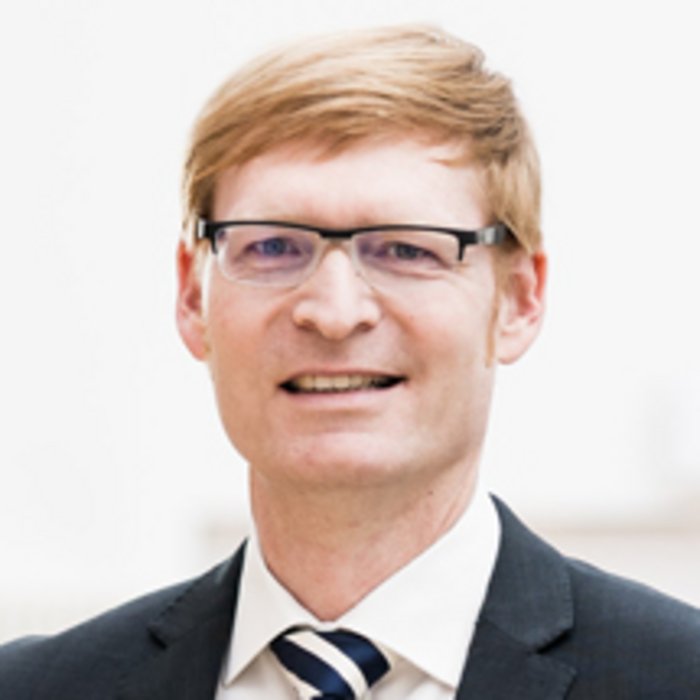
Dirk Engel
Dirk Engel is Professor for Economics and International Business at the University of Applied Sciences Stralsund. Before joining the University, Dirk Engel worked at the RWI Leibniz-Institut für Wirtschaftsforschung in Essen from 2003 to 2008 and was employed at the ZEW GmbH in Mannheim from 1998 to 2003. He received his PhD from European University Viadrina Frankfurt (Oder) in 2003. His main research interests are in the fields of international business, entrepreneurship & SMEs, technological competiveness of regions and entrepreneurial finance. He published his contributions among others in the Journal of Economic Behaviour and Organizations, Journal of Banking and Finance and Journal of Empirical Finance.
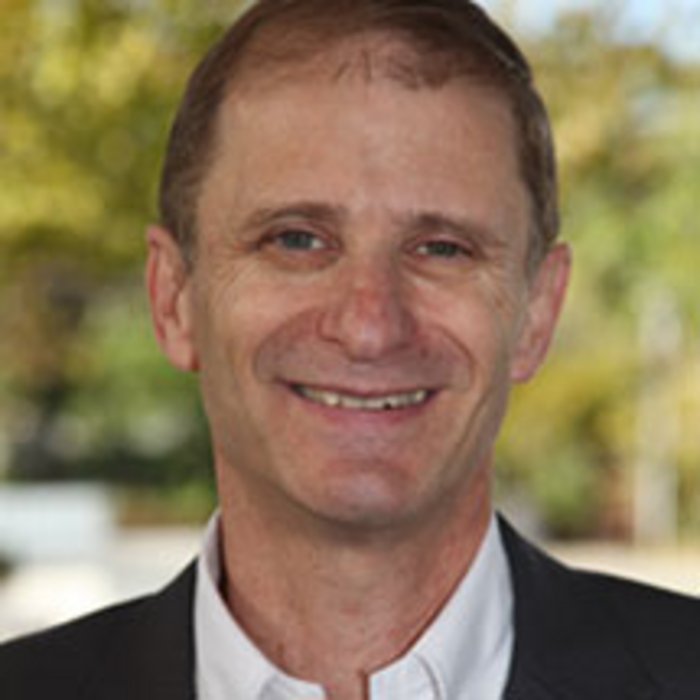
Gil S. Epstein
Gil S. Epstein is a Professor of Economics at the Department of Economics at Bar-Ilan University, Israel. His current research interests include Political Economy, Public Choice, Labor Economics, Migration and Public Policy. Gil is currently an Associate Editor of the Journal of Population Economics and of Economics and had published numerous articles leading journals is his field.
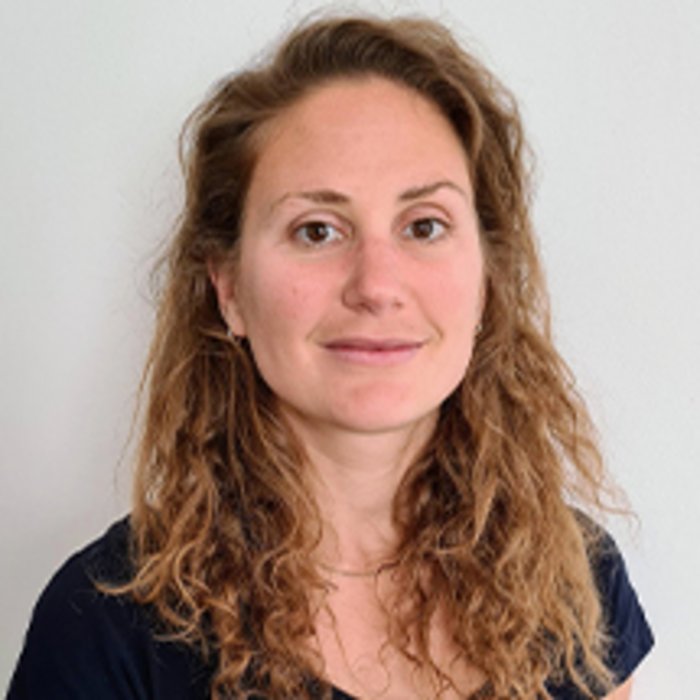
Valeria Fanghella
Valeria Fanghella is an assistant professor at Grenoble Ecole de Management. She obtained her PhD in economics and management from the University of Trento. Her research is at the intersection between behavioral and environmental economics; in addition, she is interested in the relationship between cognitive biases and moral decision-making.

Stefan Felder
Stefan Felder, full professor of economics, earned his PhD in 1989 und his habilitation in 1995 at the University of Bern. From 1997 to 2008 he was associate professor for Health Economics at the Medical Faculty of the University of Magdeburg. In 2008 he became professor of economics in the Economics Department of Duisburg-Essen University. Since 2011 he has been professor of health economics in the Department of Business and Economics at the University of Basel. From 2010 to 2014 he directed the German Health Economics Research Centre CINCH in Essen. Stefan Felder is director of the Basel Center for Health Economics, founded in 2022 His research interests are in the regulation of health-care and health-insurance market. As a former affiliate of a Faculty of Medicine, medical decision making has become one of his favorite field.

Paul J. Ferraro
Paul J. Ferraro is a Bloomberg Distinguished Professor at Johns Hopkins University, the Director of the Environmental Program Innovations Collaborative (EPIC), and Co-Director of the Center for Behavioral and Experimental Agri-Environmental Research (CBEAR). He collaborates with scientists, lawyers, engineers, and program administrators to develop evidence-based environmental programs and to understand causal relationships, both natural and anthropogenic, in complex environments. His research aims to incorporate insights from the behavioral and social sciences into the designs of public programs and to measure program impacts on the environment and human welfare. He is particularly interested in elucidating the environmental and behavioral mechanisms through which environmental problems arise and through which environmental programs are successful.
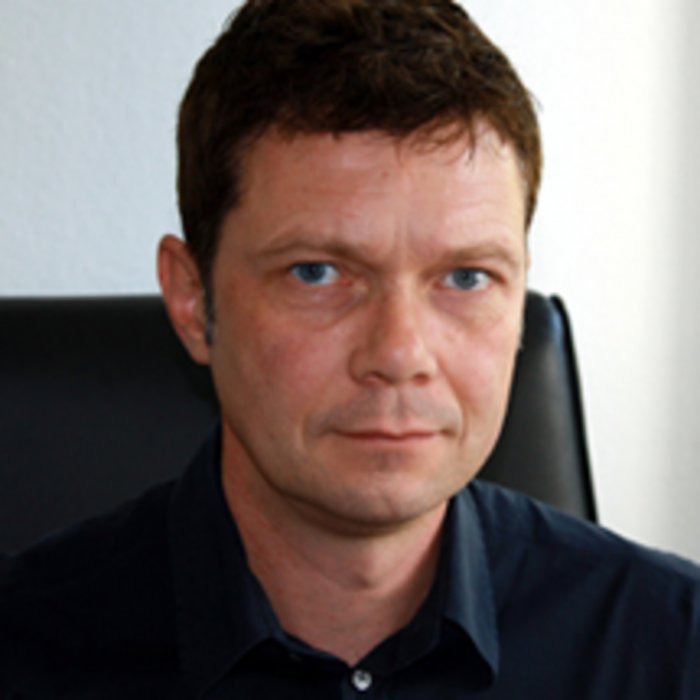
Michael Fertig († 30. April 2018)
Michael Fertig studied economics, focusing on quantitative methods, at the University of Heidelberg. From October 2002 to December 2006, he was a research coordinator at RWI. From January 2007 to April 2018, he was a managing director at ISG Cologne. His research interests included applied econometrics in the fields of international migration and the economics of education, as well as program evaluation.
Michael Fertig passed away on April 30, 2018.

Joschka Flintz
Joschka Flintz is an economic researcher at Thuenen Institute, where he conducts research at the intersection of regional, urban, transport, and environmental economics. He holds a PhD in economics from Ruhr University Bochum, completed within the Research Training Group 2484 “Regional Disparities and Economic Policy.”

Johannes Gallé
Johannes Gallé is a Postdoctoral Researcher in the 'Climate Economics and Policy' research department at the Potsdam Institute for Climate Impact Research (PIK). He obtained his PhD from Ruhr University Bochum, where he was a member of the Research Training Group on 'Regional Disparities and Economic Policy'. His research focuses on development, environmental, and regional economics.

Ira N. Gang
Ira N. Gang is a Professor of Economics at Rutgers University since 1986 writing papers on development, migration & public policy, public choice, political economy & labor economics in leading economics journals. A founding editor of the Review of Development Economics, he is an Associate Editor/Editorial Board member of several journals and a Research Fellow several academic institutes.

Kenneth Gillingham
Kenneth Gillingham is an Associate Professor of Economics at Yale University, with appointments in the School of Forestry & Environmental Studies, Department of Economics, and School of Management, as well as a Faculty Research Fellow at the National Bureau of Economic Research. In 2015-2016 he served as the Senior Economist for Energy and the Environment at the White House Council of Economic Advisers. He is an energy and environmental economist drawing from the fields of applied microeconomics, behavioral economics, and industrial organization. He received a Ph.D. in Management Science & Engineering and Economics, as well as M.S. degrees in Statistics and Management Science & Engineering, from Stanford University.

Frank Goetzke
Frank Goetzke is Associate Professor in the Urban and Public Affairs Department at the University of Louisville. He received his PhD from West Virginia University (2006). His research interests are in Urban Economics, Regional Science, Governance, Environmental Policy, Transportation Modeling and Spatial Econometrics. He published among others in Land Economics, Journal of Regional Science,Urban Studies, Transportation and Environment and Planning, Part A.

Christian Gollier
Christian Gollier is Executive Director of TSE, President of EAERE, fellow of the Econometric Society. His research ranges from the fields of uncertainty economics, environmental economics, finance, consumption, insurance, and cost-benefit analysis, with a particular interest in long-term effects.

Timo Goeschl
Timo Goeschl (PhD, University of Cambridge) is Professor of Environmental Economics at Heidelberg University. Previously, Timo was Assistant Professor at the University of Wisconsin-Madison, University Lecturer at the University of Cambridge, and Research Fellow at University College London. A co-editor of Environmental & Resource Economics, his current research interests focus on behavioral public economics and environmental policy.
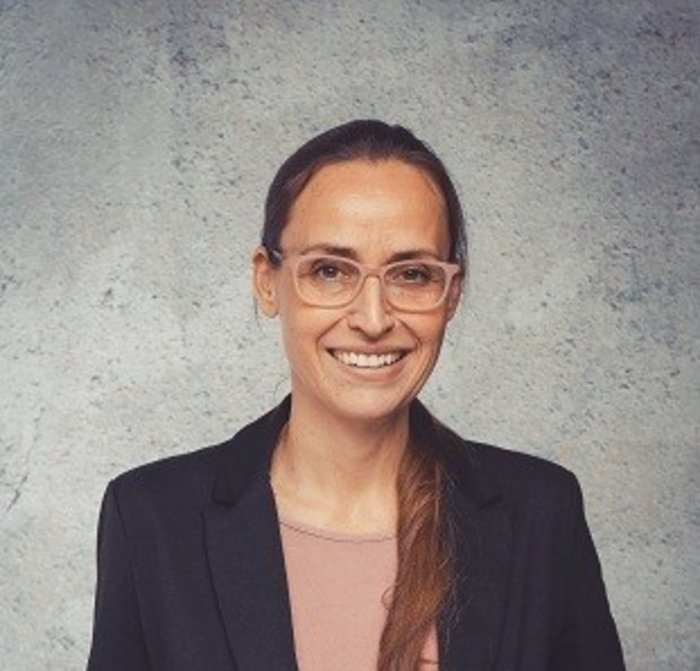
Katja Görlitz
Katja Görlitz is professor of economics with a special focus on labor markets at the HdBA in Mannheim. Previously, she was an assistant professor (Juniorprofessor) of Labor Market and Social Policy at the Freie Universität Berlin. In 2010, she received her Ph.D. in Economics from the Ruhr-Universität Bochum. From 2006 to 2012, she worked at the RWI Leibniz-Institut für Wirtschaftsforschung in Essen. Her main research interests cover labor economics, economics of education and applied econometrics. She has published in economic journals like Economics Letters, Labour Economics and Economics of Education Review.

Lorenz Götte
Lorenz Götte is Professor of Economics at the University of Bonn and the National University of Singapore (NUS). He obtained his Ph.D. from the University of Zurich and subsequently completed a Postdoc at the University of California, Berkeley. He worked as an economist at the Federal Reserve Bank Boston and as Professor at the Universities of Geneva and Lausanne. His research interests are in the field of behavioral economics, with applications in environmental economics and labor economics. The results of his research have been published in leading journals, such as the American Economic Review, the Review of Economic Studies, Management Science, and the Journal of Economic Behavior and Organization.

Thomas Graeber
Thomas Graeber is the NOMIS Foundation Professor of Cognitive and Neuroeconomics at the University of Zurich. He was previously an Assistant Professor and a Postdoctoral Fellow at the Economics Department at Harvard University after receiving his PhD in Economics from University of Bonn in 2018. Graeber’s research is in behavioral and experimental economics. His work studies the cognitive underpinnings of economic decision-making, in particular the role of complexity. His research is motivated by the idea that a better understanding of basic cognitive processes such as attention and memory can help us identify common drivers underlying the diverse host of anomalies in economic behavior.

Christina Gravert
Christina Gravert joined the RWI Research Network in 2024. She collaborates with RWI’s research group "Prosocial Behavior". Christina is an Associate Professor at the University of Copenhagen and Center for Economic Behavior and Inequality, and the Director of the Centre for Experimental Economics at University of Copenhagen. Her research interests are in Behavioral and Experimental Economics. She mostly conducts field experiments to understand how behavioral insights can improve environmental public policy. Topics she has worked on include energy consumption, food waste, low-carbon food consumption and public transportation. She is also the co-founder of Impactually, a behavioral science consultancy.

Colin Green
Colin Green is Professor of Economics at the Norwegian University of Science and Technology (NTNU). He received his PhD from the University of Queensland. He is the Editor-in-Chief at Education Economics and acts as an Associate Editor at the Journal of Economic Behavior and Organization. His recent research areas include performance related pay, the economics of training, the effect of alcohol regulation, and the impact of urban congestion charging. This work has appeared in a range of journals including the Journal of Public Economics, Journal of Health Economics, Industrial Relations, and the Journal of Economics and Management Strategy. He is co-founder and organiser of the yearly International Workshop on Applied Economics of Education (IWAEE).

Michael Grimm
Michael Grimm is Professor of Development Economics at the University of Passau. He holds a PhD in Economics from Sciences-Po Paris. Previously he held positions at the Erasmus University Rotterdam, the University of Göttingen and as a consultant at the World Bank in Washington D.C. He is collaborating with the RWI on impact assessments of access-to-energy interventions in Sub-Saharan Africa.

Igor Grossmann
Igor Grossmann, PhD is a Psychology Professor at the University of Waterloo. Using computational, experimental, and psychometric methods, he researches societal change, expert judgment accuracy, and wisdom. Igor received awards from APA, APS, SPSP, and the Royal Society of Canada. He founded the Forecasting Collaborative, WorldafterCovid.info project, and co-hosts the On Wisdom Podcast.
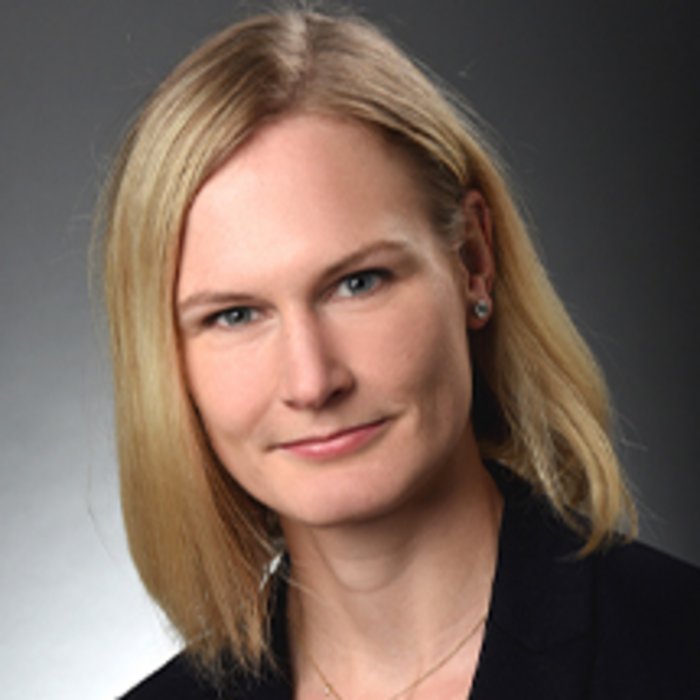
Marie-Charlotte Guetlein
Marie-Charlotte Guetlein is Assistant Professor of Economics at Grenoble Ecole de Management (GEM). She received her PhD from ETH Zurich in 2017. Her research focusses on topics related to individual decision-making, behavioral biases, social preferences, energy technologies and energy policy. She coordinates the GEM citizen panel for carrying out empirical studies in the Grenoble area.

Timothy Guinnane
Timothy Guinnane is Professor Emeritus at Yale University. He has been teaching at Yale since 1993: initially, he was assistant professor (1993-1996), afterwards associate professor (1996-1999) from 1999 to 2006 he was professor of Economics, and from 2006 to 2022 he was Philip Golden Bartlett professor of Economics History at the Department of Economics. He received his PhD from Stanford University and worked as assistant professor at Princeton University, before he came to Yale University in 1993. His research interests are in the field of economic history, in particular demographic and financial history of Western Europe, with a special focus on European fertility transition, social insurance and credit cooperatives. Timothy Guinnane published his research in high-quality peer-reviewed journals such as the American Economic Review, the Journal of Economic Literature and the Economic History Review. From 2007 to 2010 he was member of the board of directors of the National Bureau of Economic Research and from 2009 to 2014 member of the advisory board of the Max Planck Institute for Demographic Research. Since 2012 he is a member of the advisory board of the Institut für Bankhistorische Forschung.

Nils Gutacker
Nils Gutacker is a Senior Research Fellow at the Centre for Health Economics, University of York. His research focuses on the identification and explanation of unwarranted variation in healthcare provision, and the design and evaluation of incentive systems in healthcare.

Sophie Guthmuller
Sophie Guthmuller is Assistant Professor in the Health Economics and Policy Group of Vienna University of Economics and Business. She holds a PhD in Economics from Paris Dauphine University (2013) and a PhD specialization in Health Economics and Policy from the Swiss School of Public Health (SSPH+). Her research interests include Health Economics, Public Policy Evaluation and Applied Econometrics.

Christoph Hanck
Christoph Hanck is Professor of Econometrics at University of Duisburg-Essen since 2012. He received his PhD (2007), supervised by Walter Krämer, from TU Dortmund. He then joined the SFB 475 to later become a Postdoc at Maastricht in 2008. From 2009 to 2012 he was Assistant and Associate Professor in Econometrics in Groningen. Research Interests include Nonstationary Panels and Multiple Testing.

Justus Haucap
Justus Haucap is Director of the Düsseldorf Institute for Competition Economics (DICE) at the University of Düsseldorf. After pursuing his graduate doctoral studies at the University of Saarland Haucap worked at the University of California, the New Zealand Treasury in Wellington and the University of the Federal Armed Forces in Hamburg. Between 2006 and 2014 he served as a member of the German Monopolies Commission, and was elected its chairman in 2008. His research agenda centres on competition economics and regulation of infrastructure-based markets such as telecommunications, electricity and transport. Among other journals, his work has been published in the Economic Journal, Journal of International Economics,and the Journal of Economic Behavior and Organization.
Justus Haucap is a founding member of the RWI Research Network.
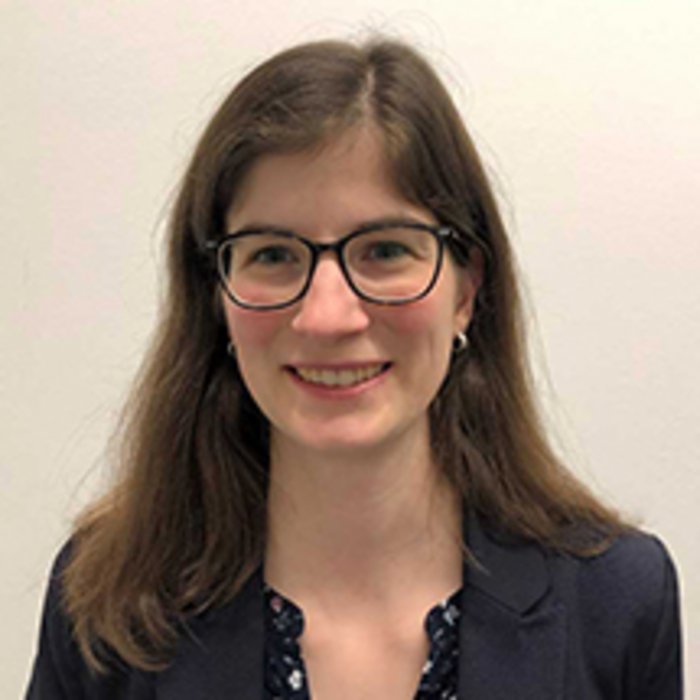
Corinna Hentschker
Corinna Hentschker is a research associate at the AOK Research Institute (WIdO) in the research department “Hospitals”. She studied health economics at the University of Bayreuth and holds a Ph.D. in economics from Ruhr University Bochum. From 2011 to 2019 she worked at the RWI as a researcher.
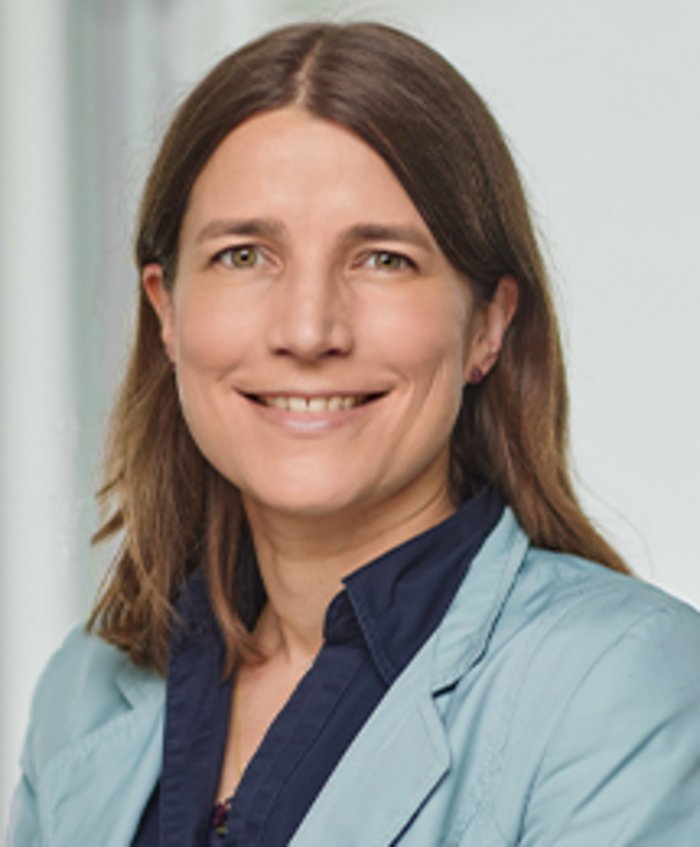
Annika Herr
Annika Herr is professor of Health Economics and Director of the Institute of Health Economics at Leibniz University Hanover. After her diploma in economics and business administration at Dortmund University, she received her PhD at University of Erlangen-Nuremberg in 2009. During her PhD studies, she was a member of the Ruhr Graduate School in Economics. After her PhD, she was a postdoc and later assistant professor at the Düsseldorf Institute for Competition Economics (DICE) at Heinrich Heine University Düsseldorf, where she received her habilitation in 2018. Her research focusses on competition and regulation in health care markets as well as organ donation. She has published in several renowned journals, such as the Journal of Health Economics, Journal of Economic Behavior and Organization, and Economic Inquiry. Since 2021, she is Vice Chair of the German Health Economics Association (dggö) and Speaker of the Center for Health Economics Research Hanover (CHERH).
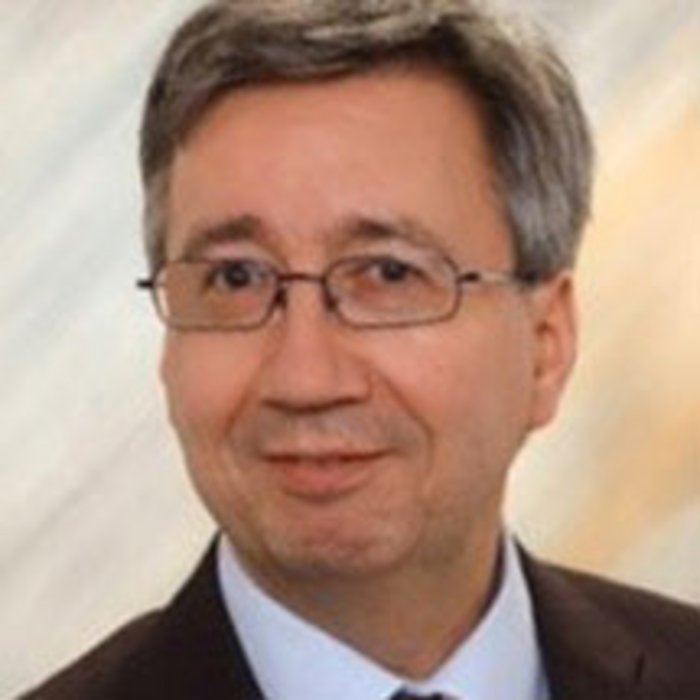
Jens Horbach
Jens Horbach (born 1962) is Professor of Economics at the University of Applied Sciences Augsburg. He prepared his PhD thesis at the Friedrich-Alexander University in Nuremberg. From 1992 to 1996 he worked as scientific staff member at the Institute for Economic Research in Halle. Horbach´s current research interests focus on the empirical analysis of the determinants and effects of environmental innovations. He published his research in important journals such as Research Policy or Ecological Economics.

David A. Jaeger
David A. Jaeger (Ph.D. University of Michigan, 1995) is Professor of Economics at the University of St Andrews (. He previously was Professor of Economics at the City University of New York Graduate Center. His current research interests include immigration, education, and fertility. His research has been published in the American Economic Review, the Review of Economics and Statistics, the Journal of Public Economics, and the Journal of Labor Economics, among others.

Pamela Jagger
Pamela Jagger is an applied political economist and Associate Professor at the University of Michigan. Her research focuses on the dynamics of poverty and environment interactions in low-income countries. She leads the interdisciplinary Forest Use, Energy, and Livelihoods (FUEL) Lab, and is the Director of the National Science Foundation funded Energy Poverty PIRE in Southern Africa (EPPSA). Pam is a Senior Research Fellow at the (EfD) Environment for Development initiative at the University of Gothenburg and has worked as a policy research scholar with the World Bank, Resources for the Future, the International Food Policy Research Institute, and the Center for International Forestry Research.
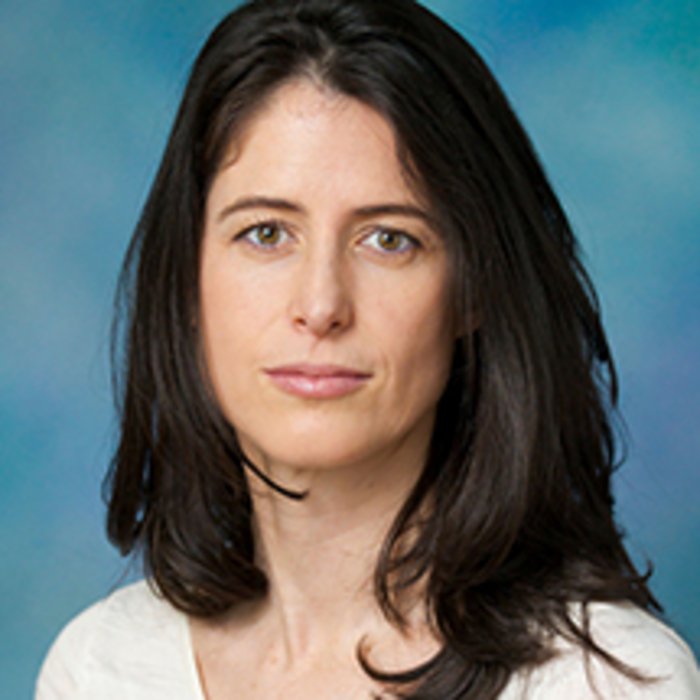
Katrina Jessoe
Katrina Jessoe is an associate professor in the Department of Agricultural and Resource Economics at UC Davis, where she specializes in environmental and energy economics. Much of her research centers on the design and evaluation of pricing and conservation polices in the water and electricity sectors. She received a BA from Princeton University and a PhD in Environmental and Resource Economics from Yale University.

Magnus Johannesson
Magnus Johannesson is professor in the department of economics at the Stockholm School of Economics. His main research interests are in metascience, experimental economics, and genoeconomics. Professor Johannesson has published in journals such as the American Economic Review, the Quarterly Journal of Economics, the Journal of Finance, Nature, and Science. According to research.com, he ranks among the top 100 researchers in economics and finance worldwide.

Krisztina Kis-Katos
Krisztina Kis-Katos is Professor of International Economic Policy at the Department of Economics at the University of Göttingen and Research Fellow at the Institute of Labor Economics (IZA). Her research interests relate to applied development economics, political economy and applied micro-econometrics. Krisztina’s recent research projects focus on the effects of globalization on regional development, on the economics of conflict, and deforestation. Her work has been published in World Development, Journal of Development Economics, and European Economic Review.

Anica Kramer
Anica Kramer is a postdoctoral researcher at the University of Bamberg and the Institute for Employment Research (IAB). She studied economics at the University of Erfurt, Göttingen, the Katholieke Universiteit Leuven and the Gokhale Institute of Politics and Economics and received her Ph.D. in economics at Ruhr-University of Bochum in 2018.
During her doctoral studies, she worked as a researcher at RWI (2012 - 2018) and was a visiting researcher at Rutgers University. Her main research interests are in population and education economics.

Walter Krämer
Walter Krämer is professor at Dortmund University. He received his PhD from Johannes Gutenberg University of Mainz and worked for the Vienna University of Technology, the University of Mannheim and the University of Western Ontario. His contributions towards empirical economic research have been published in numerous books and refereed journals such as the Journal of the American Statistical Association, Journal of Econometrics and Econometrica. From 2008 to 2016 he was the editor of the German Economic Review.
Walter Krämer is a founding member of the RWI Research Network.

Christoph Kronenberg
Christoph Kronenberg is a postdoctoral researcher in empirical health economics and acting head of the junior research group EACH at the health economics research center CINCH at the University of Duisburg-Essen. He studied health economics at Erasmus University Rotterdam and the University of York. His work focuses on mental health.
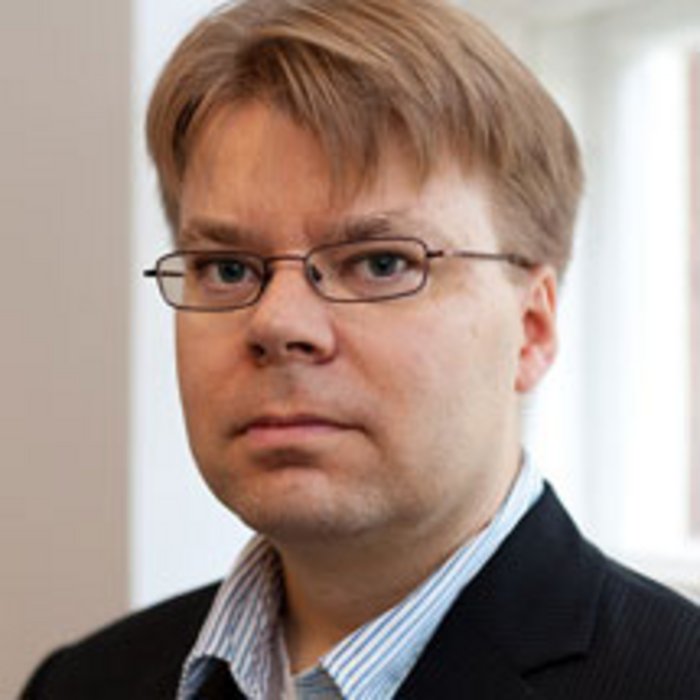
Timo Kuosmanen
Timo Kuosmanen is professor at Aalto University School of Business. His research focuses on axiomatic nonparametric modeling of production, consumption and investment decisions with applications in agriculture, banking, education, energy, environment, transportation, and utilities. His recent research focuses on probabilistic modeling of random noise, inefficiency, and observed heterogeneity.

Stefan Lamp
Stefan Lamp is currently an assistant professor at the Institute of Economics at the Pontificia Universidad Católica de Chile. Previously, he was a research fellow at the Toulouse School of Economics and a postdoctoral researcher at University Carlos III Madrid and Yale University. He completed his Ph.D. in economics at the European University Institute. His primary research interests include energy and environmental economics, applied microeconomics, and empirical industrial organization. Stefan is broadly interested in studying the impact of climate change policies on individuals and firms, the diffusion and adoption of new green technologies, and the impact of the energy transition on electricity markets.
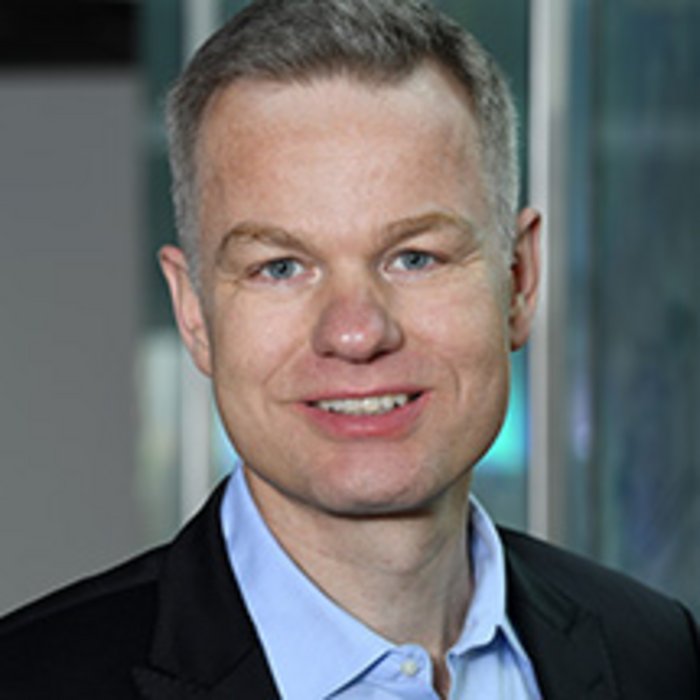
Andreas Lange
Andreas Lange is a professor of economics at the University of Hamburg. He received his PhD on environmental economics from the University of Heidelberg. He serves as Co-Editor-in Chief for Journal of Environmental Economics and Management. His research includes theoretical, experimental and applied work on issues in public and environmental as well as behavioral economics.
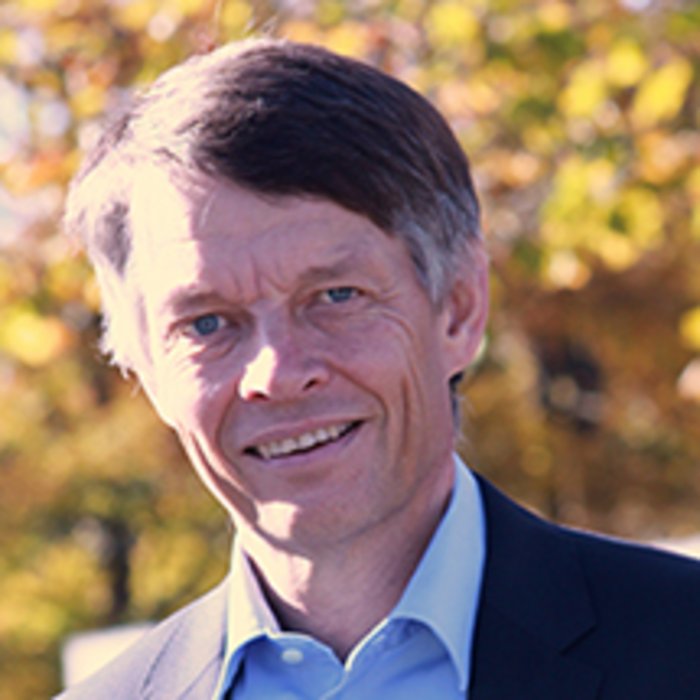
Michael Lechner
Michael Lechner works as professor at the University of St. Gallen since 1998. In 1994 he received his PhD in Economics and Econometrics at the University of Mannheim. He co-heads the Swiss Institute for Empirical Economic Research (SEW). He is interested in the evaluation of labor market programmes, sports economics, and the development of microeconometric methods for causal inference and their link to machine learning. He has published in the Journal of Econometrics, Journal of the American Statistical Association, Journal of the European Economic Association, and the Journals of Labor Economics, of Health Economics and of Human Resources among others. Currently, he serves as one of the editors of the German Economic Review and of Empirical Economics.
Michael Lechner is a founding member of the RWI Research Network.

James LeSage
James LeSage received his PhD in economics from Boston College and a Master’s degree from University of Toledo, where he was a faculty member from 1988 to 2005. Since 2006 he has been the Fields Endowed Chair in Urban & Regional Economics at Texas State University. He is a fellow of the Regional Science Association International, Spatial Econometrics Association and Southern Regional Science Association, and a past president of the North American Regional Science Association. He has published over 100 scholarly journal articles, edited two book volumes and is co-author with R. Kelley Pace of a 2009 book entitled Introduction to Spatial Econometrics. His research has received past support from the National Science Foundation, and he has given workshops on spatial econometrics in Austria, China, France, Portugal, Spain and several American universities.

Piotr Lewandowski
Piotr Lewandowski is a labour economist and a President of the Board at the Institute for Structural Research (IBS), Warsaw, Poland. His research interests include the impact of technological progress on labour markets, structural and occupational change, minimum wage, energy poverty, and the labour market effects of climate and energy policies.

Annamaria Lusardi
Annamaria Lusardi is the Denit Trust Endowed Chair of Economics and Accountancy at the George Washington University School of Business (GWSB). Moreover, she is the founder and academic director of GWSB’s Global Financial Literacy Excellence Center (GFLEC). Previously, she was the Joel Z. and Susan Hyatt Professor of Economics at Dartmouth College, where she taught for twenty years. She has also taught at Princeton University, the University of Chicago Harris School of Public Policy, the University of Chicago Booth School of Business, and Columbia Business School. From January to June 2008, she was a visiting scholar at Harvard Business School. She holds a Ph.D. in Economics from Princeton University and a BA from Bocconi University in Italy

Thomas Mayrhofer
Thomas Mayrhofer is Professor of Economics and the Director of the Graduate Program in Health Economics at Stralsund University of Applied Sciences. Furthermore, he is a Lecturer at Massachusetts General Hospital and Harvard Medical School of Harvard University. He received his PhD in Economics from the University of Duisburg-Essen in 2012. His research has been published in medical journals (e.g. Annals of Internal Medicine) as well as economic journals (e.g. International Economic Review).

Roman Mennicken
Roman Mennicken is a lecturer at the FOM University of Applied Sciences. He additionally works in the strategic quality managemant of a hospital chain. He received his Ph.D. in economics and social sciences from the University of Cologne. His work has been published in Management Science, Health Economics, and Health Services Research, among others. His research focuses on applied econometrics in health services research and health economics.

Nikolas Mittag
Nikolas Mittag is an associate professor at CERGE-EI. He holds a PhD from the Harris School of Public Policy. He primarily works on government programs and measuring income and deprivation, as well as using administrative data linked to surveys to study survey accuracy and measurement error issues. More generally, his research interests include public policy, labor economics and microeconometrics.

Felix Müsgens
Felix Müsgens joined the RWI Research Network in January 2024. He collaborates with RWI’s research department Environment and Resources. He holds the Chair of Energy Economics at Brandenburg University of Technology and is leading BTU’s energy innovation centre. His research focuses on energy economics, energy data analytics, and energy system modelling, culminating in more than 100 publications. Felix Müsgens is member of numerous committees (e.g., Scientific Advisory and Project Board of 50Hertz), Associated Researcher at EPRG (University of Cambridge), and acted as Elected Scientific Representative at the Exchange Council of the European Energy Exchange (EEX) until 2021. In acatec academy project ESYS, he co-led the working group electricity market design. He received his doctorate at the Institute of Energy Economics (EWI) and the DFG Graduate School of Risk Management at the University of Cologne.
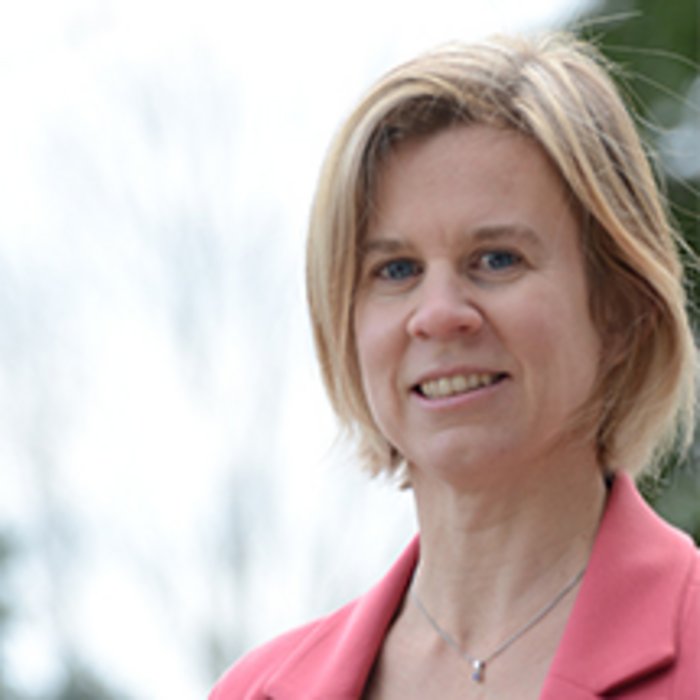
Joëlle Noailly
Joëlle Noailly is Head of Research of the Centre for International Environmental Studies and Lecturer in Economics at the Graduate Institute of International and Development Studies in Geneva. She holds a Ph.D. in environmental economics from the VU University of Amsterdam. Her work focuses on energy technologies and the links between environmental policy and technological innovation.
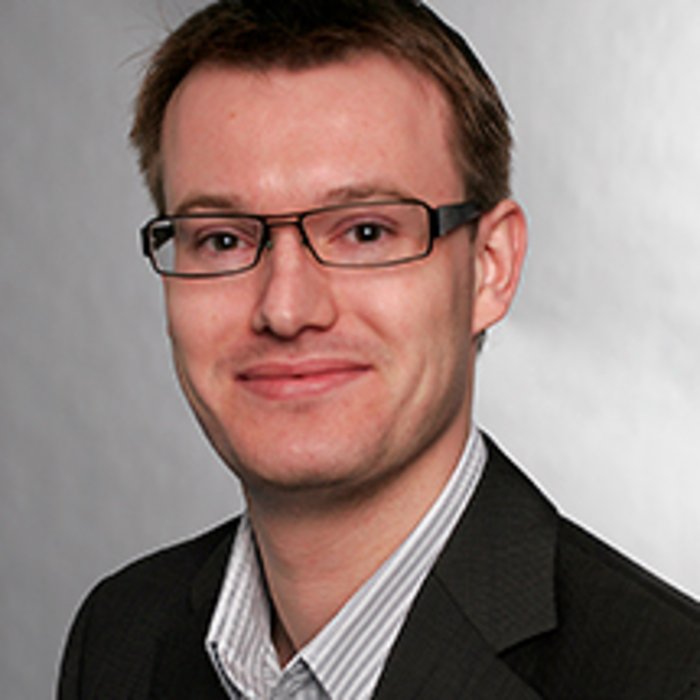
Sebastian Otten
Sebastian Otten is an Assistant Professor at the University of Duisburg-Essen (UDE). He is a Research Fellowat the Centre for Research and Analysis of Migration (CReAM) at University College London (UCL). Sebastian received his Ph.D. in Economics at Ruhr University Bochum, Germany. While pursuing his doctoral studies, he worked as a research and teaching assistant at Ruhr University Bochum and as a researcher at the RWI. His main research interests are labour, migration, and development economics.

Alfredo Paloyo
Alfredo Paloyo is an Associate Professor of Economicsat the University of Wollongong. He completed his PhD in Economics from the Ruhr University Bochum as part of the Ruhr Graduate School in Economics. Alfredo's research interests focusses on vidence-based policymaking on human-capital issues, particularly in the fields of labor, education, and health economics.. He has published in journals such as the European Economic Review, Defence and Peace Economics, Social Science & Medicine, and the Journal of Economic Surveys.

Christopher F. Parmeter
Christopher F. Parmeter is an Associate Professor at the University of Miami. He was formerly an assistant professor in the Department of Agricultural and Applied Economics at Virginia Polytechnic Institute and State University. He received his Ph.D. in economics from the State University of New York at Binghamton. He has published over 50 research articles in internationally recognized, peer-reviewed journals, published 1 book and guest-edited a special issue of Empirical Economics. He is currently an associate editor at American Journal of Agricultural Economics, Empirical Economics, and Journal of African Business. His research focuses on applied econometrics across a broad array of fields in economics including economic growth, microfinance, international trade, environmental economics and health economics.
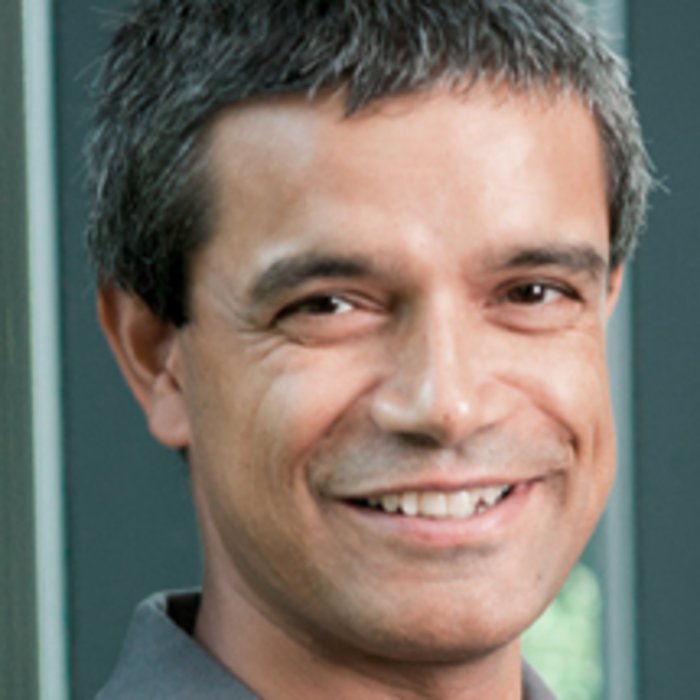
Subhrendu K. Pattanayak
Subhrendu K. Pattanayak is a Professor of Public Policy and Environmental Economics at Duke University. He studies the causes and consequences of human behaviors related to the natural environment to help design and evaluate policy interventions in low income tropical countries. His research is in three domains at the intersection of environment, development, health and energy: (a) forest ecosystem services, (b) environmental health, and (c) household energy transitions. In all domains, he has focused on design of institutions and policies that are motivated by enormous inequities and a range of efficiency concerns (externalities, public goods and imperfect information and competition).

Marie Paul
Marie Paul is a professor for Quantitative Methods in Economics at the University of Duisburg-Essen. She received her doctoral degree in Economics from the University of Mannheim and worked for the universities of Frankfurt and Freiburg before coming to Duisburg. Her current research focuses on the evaluation of active labor market policies and family policies, female employment biographies, and microeconometric evaluation methods.

Toni Pierenkemper († 19. Juli 2019)
Toni Pierenkemper worked as a professor of Economic and Social History at the University of Cologne. He received his Ph.D. from the University of Münster. He was a member of the editorial board of the Yearbook of Economic History (Jahrbuch für Wirtschaftsgeschichte). His research interests included historical labor markets and historical consumption patterns.
He passed away on July 19, 2019.

Vincent Pohl
R. Vincent Pohl is a Senior Researcher at Mathematica. Previously, he was an Assistant Professor of Economics at the University of Georgia. He obtained his PhD from Yale University in 2012. R Vincent Pohl’s research is in health and labor economics and applied econometrics. In particular, his independent research is on the labor market effects of health and health insurance, long-term care, and the opioid crisis..

Steve Puller
Steve Puller is the PERC Professor of Free Enterprise in the Department of Economics at Texas A&M University. His research is in the fields of industrial organization, energy, and public economics. He also is a research affiliate with the NBER and the International Growth Centre. He holds a BA from the University of Chicago and a PhD in Economics from the University of California at Berkeley

Arndt Reichert
Arndt Reichert is a Professor for Health Economics and Development Research at the Leibniz University Hannover. He previously worked the Development Research Group (Impact Evaluation team) at the World Bank and coordinator of impact evaluations on energy. He is an applied (micro-) econometrician with interests in energy, environment, health, and labor economics. His recent articles have appeared in the Journal of Human Resources, Health Economics, and Social Science & Medicine. Before joining the World Bank, Arndt worked at the RWI and as a lecturer at the Ruhr University of Bochum (RUB). He holds a PhD in economics from the Ruhr University of Bochum.
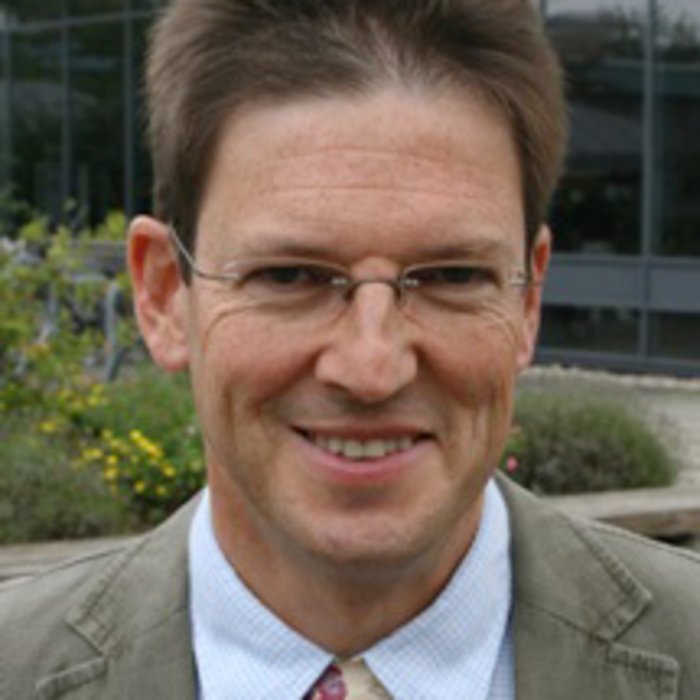
Till Requate
Till Requate is professor at the University of Kiel since 2002. He received his PhD on game theory and industrial organization from University of Bielefeld. His main research interests are in the fields of environmental economics, experimental economics and innovation economics. He published his work among others in a number of journals such as Economics Letters, European Economic Review, the Journal of Publics Economics, Journal of Environmental Economics and Management, Energy Economics, Resource and Energy Economics, Journal of Economic Dynamics and Control, and the Journal of Population Economics. Since 2014 he is also the Editor of the Journal of Environmental Economics and Management.
Till Requate is a founding member of the RWI Research Network.
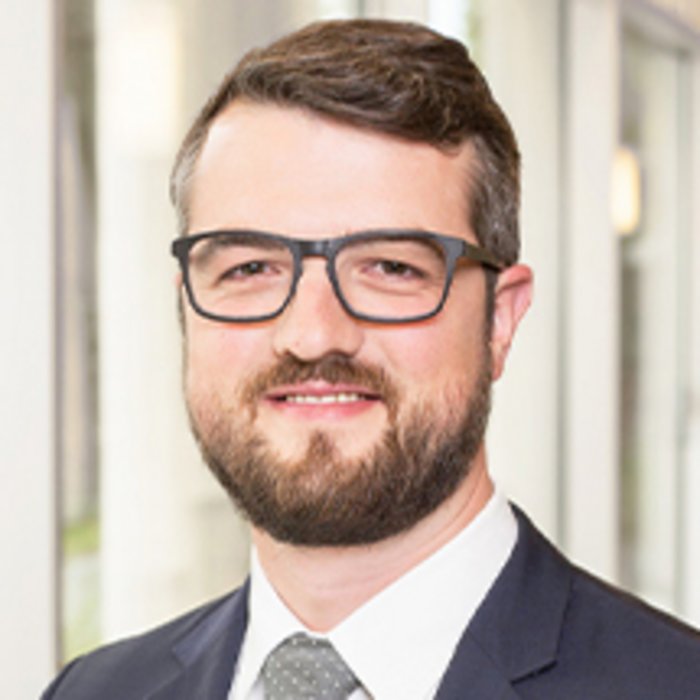
Wolf Heinrich Reuter
Wolf Heinrich Reuter was appointed Chief Economist and Director General for Economic and Fiscal Policy at the Federal Ministry of Finance in April 2022. From 2018 to 2022, he was Secretary General at the German Council of Economic Experts. He has also previously worked at the Oesterreichische Nationalbank, Vienna University of Economics and Business, and the International Institute for Applied Systems Analysis.
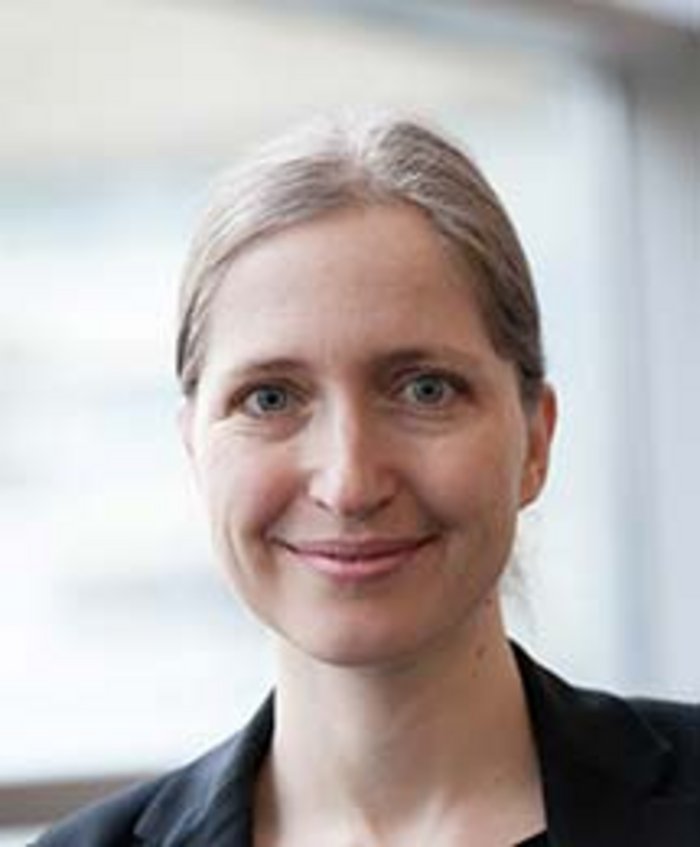
Nadine Riedel
Nadine Riedel took on the position as a professor of Public and Regional Economics at University of Münster in October 2019. She received her PhD in 2008 from the Ludwig-Maximilians-University Munich. Between 2008 and 2010, she was a research fellow at the Oxford University Centre for Business Taxation. From 2010 to 2014, she held the chair for Public Finance at the University Hohenheim. Between 2014 and 2019, she was professor Public Finance and Economic Policy at the Ruhr-University Bochum. Her research interests include international tax competition, corporate taxation, in particular the assessment of corporate tax effects on firm behavior, as well as taxation in developing countries. She published her research in high-quality journals like the European Economic Review, the Journal of Public Economics and the Journal of International Economics. Nadine Riedel is research associate at the Oxford University Centre for Business Taxation and a research professor at the DIW Berlin.
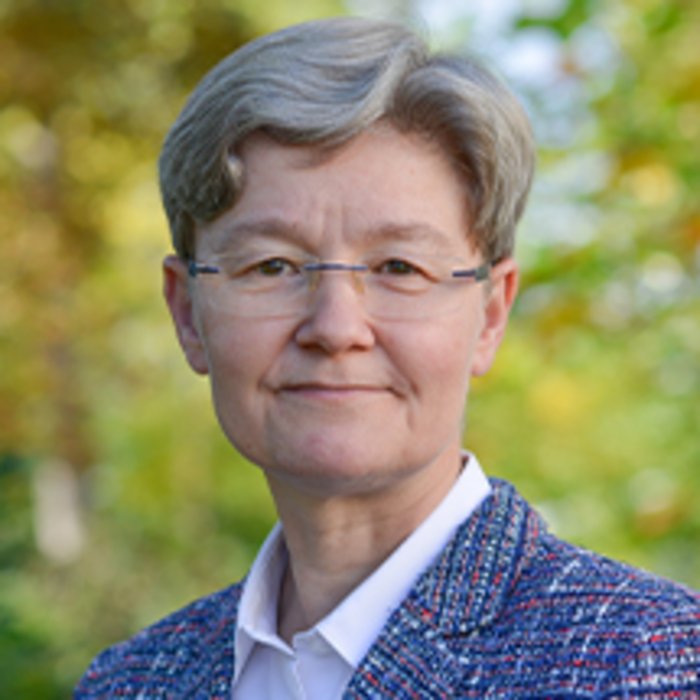
Regina T. Riphahn
Regina T. Riphahn is professor or empirical economics at Friedrich-Alexander-University Erlangen-Nürnberg. Her research is mostly devoted to social policy issues. She chairs the Bavarian Graduate Program in Economics, the German Economic Association (2023-24) and is vice-president of the National Academy of Sciences Leopoldina. She is a member of the Bavarian Academy of Sciences and Humanities.

Elizabeth Robinson
Elizabeth Robinson is Professor of Environmental Economics at the University of Reading and received her PhD in Applied Economics from Stanford University. She has over twenty five years’ experience working in lower-income countries, including six living in Tanzania and Ghana, addressing the design of policies and institutions to enhance agricultural systems, protect the environment, and improve the livelihoods of resource-dependent communities. Before joining the University of Reading she has variously worked at the Boston Consulting Group, the World Bank, Natural Resources Institute, as a tutorial fellow in economics at the University of Oxford, and was on the UK's Defra Economic Advisory Panel for five years. Her recent focus includes tracking the co-benefits of climate change mitigation and health, oriented particularly around food security and food systems; energy transitions; and the social, environmental, and ecological trade offs of agricultural expansion. Her work is published in the Journal of Environmental Economics and Management, The Lancet, and Land Economics.
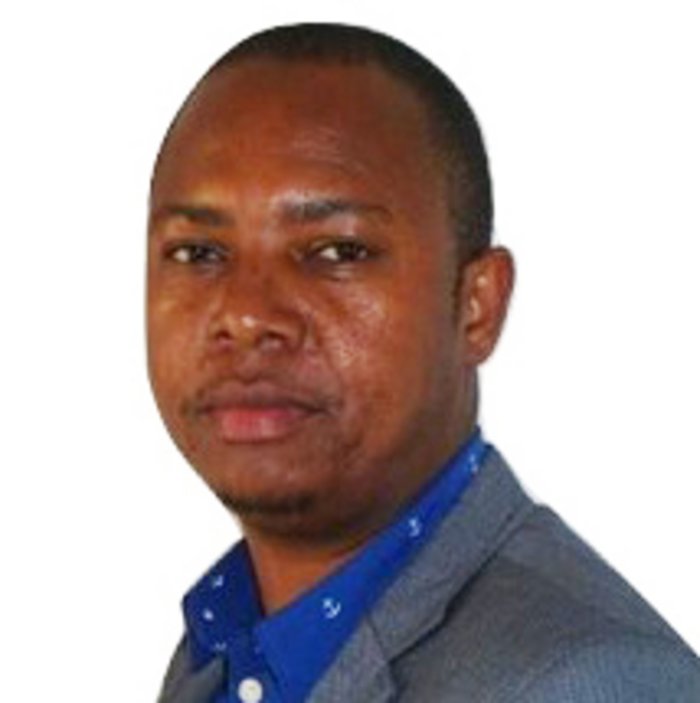
Remidius Denis Ruhinduka
Remidius Denis Ruhinduka (PhD) is a research fellow and a lecturer at the department of Economics, University of Dar es Salaam. He researches on various aspects of development and experimental economics with special focus on the adoption and impact of Environmentally friendly technologies in developing countries. He received his PhD in Economics from the University of Gothenburg Sweden in December 2015 and has actively participated in various professional trainings on impact evaluation and experimental economics offered at different parts of the World.
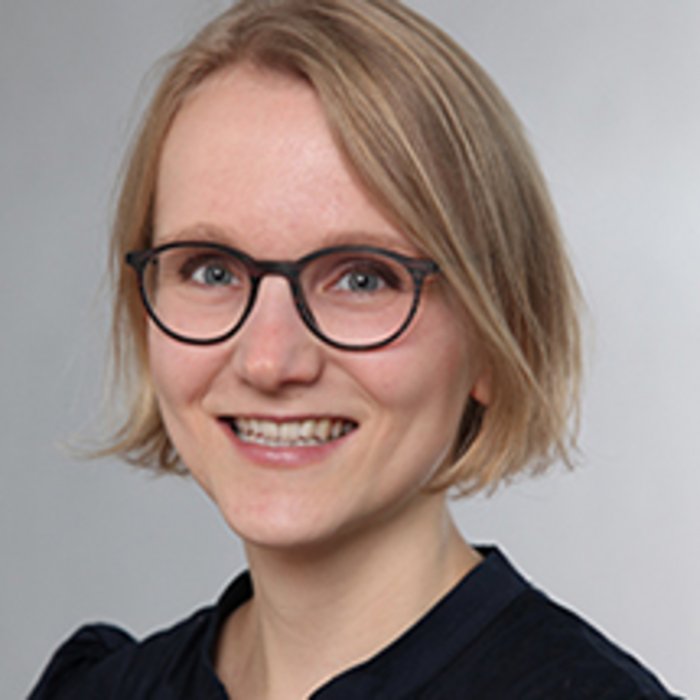
Sylvi Rzepka
Sylvi Rzepka is a Data Scientist at Deutsche Bahn and a lecturer at Leuphana University of Lüneburg. Previously, she was a postdoctoral researcher at the chair for empirical economics at the University of Potsdam. She holds a PhD in economics from Ruhr-University Bochum. From 2013 to 2019 she worked at the RWI as a researcher. Her current research lies in the field of economics of education, labor economics and behavioral economics.
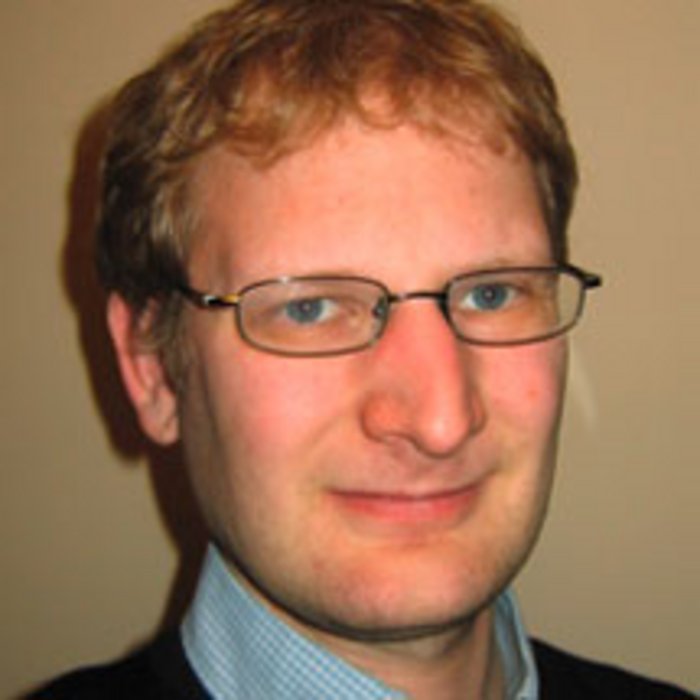
Martin Salm
Martin Salm is an associate professor at the department of econometrics and operations research at Tilburg University. His research fields are in health economics and applied microeconomics. He received a Ph.D. in Economics from Duke University in 2006 and a diploma in Economics from the University of Mannheim in 2001.

Joachim Schleich
Joachim Schleich is a professor of Energy Economics in the Department of Management and Techno Economics at Grenoble Ecole de Management (France), where he leads the energy management research team. He is also a senior researcher at Fraunhofer Institute Systems and Innovation Research in Karlsruhe, Germany, and an Adjunct Professor at Virginia Tech, Blacksburg, USA. His current research includes conceptual and empirical analyses of individuals’ and companies' adoption of low-carbon activities, and of the EU emissions trading system. He received a PhD in Applied and Agricultural Economics from Virginia Tech.

Uta Schönberg
Uta Schönberg is a Professor of Economics at University College London and a Researcher at the Institute for Employment Research (IAB) in Nuremberg. Her research is in applied microeconomics, with a special interest in wage inequality and wage dynamics; gender; the economics of education; and the economics of migration. Her work has appeared in leading journals including the Quarterly Journal of Economics, the American Economic Review, and the Journal of Political Economy.

Ludger Schuknecht
Ludger Schuknecht works as a Visiting Professor at the Lee Kuan Yew School of Public Policy in Singapore. Before that, he was Deputy Secretary-General at the OECD and Chief Economist of the German Federal Ministry of Finance. He has held posts at the European Central Bank, the World Trade Organization and the International Monetary Fund. His research interests include international finance and fiscal policy, expenditure policies and the role of the state, as well as economic development in Africa.

Stefanie Schurer
Stefanie Schurer is a Human Development economist. In the last decade, she has produced a program of research on lifecycle dynamics of health, preferences, and personality - sometimes referred to as non-cognitive, soft, or life skills. In recent years, she has produced insights on whether and how public policy affects human development. She is a chief investigator on several linked administrative data projects to study the consequences of Australia's key family/education/welfare/health policies for (Indigenous) children. For instance, they have evaluated Income Management, the cornerstone policy of the Northern Territory Emergency Response.
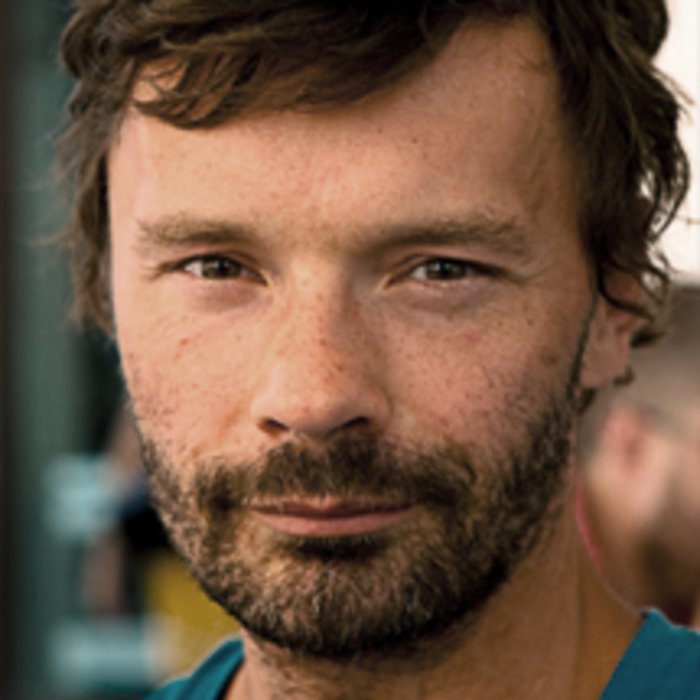
Christoph Schwierz
Christoph Schwierz, Dr. rer. pol. (PhD Economics), is a policy analyst at the Directorate General for Economic and Financial Affairs in the European Commission in Brussels, Belgium. He studied economics in Berlin, Lausanne and Oslo and earned a Ph.D.in health economics at the University of Bochum. Schwierz is specializing in the financial sustainability of public finances and health systems. He has published in Health Economics and other peer-reviewed journals.

Claudia Schwirplies
Claudia Schwirplies is Post-Doc researcher in the field of Public Economics at the University of Hamburg. She received her PhD from University of Kassel in 2015. Her main research interests focus on environmental and behavioral economics. Her current research includes the motivation for the voluntary provision of environmental public goods. She published her contributions among others in the Ecological Economics, Climate Policy, Environmental and Resource Economics, Resource and Energy Economics and Applied Economics.

Mathias Sinning
Mathias Sinning is a Professor of Economics at the Crawford School of Public Policy at the Australian National University (ANU). His research in applied econometrics focuses on issues related to treatment effect estimation and policy evaluation. He is particularly interested in the development and application of innovative methods to study heterogeneous treatment effects. He has published in various domains of economics, including public economics, labour economics, health economics, development economics, and behavioural economics. His academic background includes previous appointments at the ANU and the University of Queensland, as well as Visiting Fellowships at Princeton University and Peking University. He is a Research Fellow of RWI Leibniz Institute for Economic Research, IZA Institute of Labor Economics, and a Research Affiliate of MIT's Poverty Action Lab (J-PAL).

Nina Smith
Nina Smith is professor at Aarhus Univeristy where she also has been pro vice-chancellor. She has been chairman of the board of the Danish Independent Research Councils, member of the Danish Social Science Research Council, and served as member or chairman of a number of boards of directors of national research institutes and private firms. Her primary research interest is labour economics, migration and education economics. She published her work in numerous journals such as the European Economic Review and the Journal of Economic Behavior and Organization.
Nina Smith is a founding member of the RWI Research Network.

Eswaran Somanathan
Eswaran Somanathan is Professor in the Economics and Planning Unit of the Indian Statistical Institute in Delhi, and Program Director of CECFEE (Centre for research on the Economics of Climate, Food, Energy and Environment). His research is in the economics of environment and development. He received his PhD from Harvard University and has taught at Emory University, the University of Michigan, and Princeton University. He has been Executive Director of SANDEE (South Asian Network for Development and Environmental Economics), a Co-ordinating Lead Author for the Fifth Assessment Report of the IPCC, and is the Editor of Environment and Development Economics, a Cambridge University Press journal.
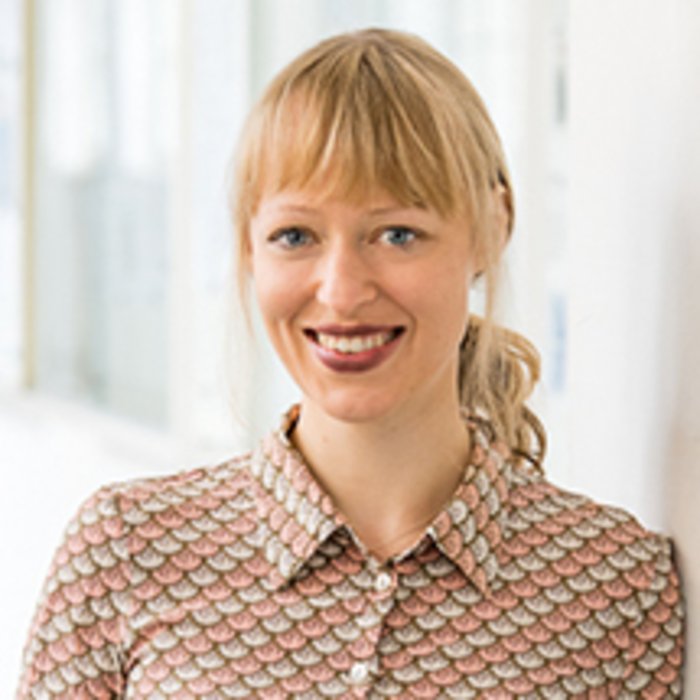
Janina Steinert
Janina Steinert is an Assistant Professor at the Technical University of Munich a Research Associate at the Department of Social Policy and Intervention, University of Oxford. She completed her PhD at the University of Oxford and was a PostDoc at the Chair of Development Economics at the University of Göttingen. Her research is focused on global health and development economics and her work is published, among others, in the Journal of Development Economics, World Development, and BMJ Global Health.
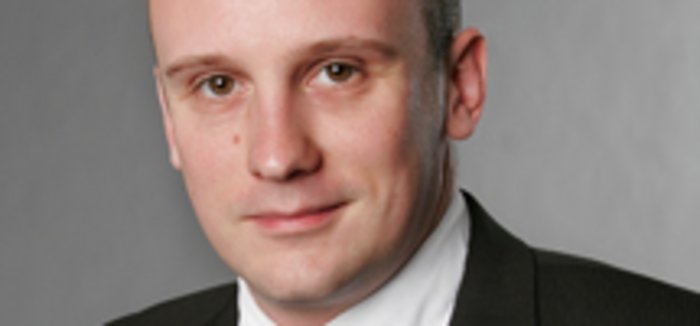
Joel Stiebale
Joel Stiebale is professor of Economics of Empirical Industrial Economics at Düsseldorf Institute for Competition Economics (DICE), Heinrich Heine University Düsseldorf since 2014. He received his PhD from Ruhr University Bochum. After being a Researcher at RWI, he got appointed as an Assistant Professor in Industrial Economics at University of Nottingham. His research focuses on Empirical Industrial Organization, International Economics, Innovation and New Technologies, Development Economics, Applied Microeconomics. His research was published in International Journal of Industrial Organization, Journal of International Economics, European Economic Review, International Journal of the Economics of Business and others.
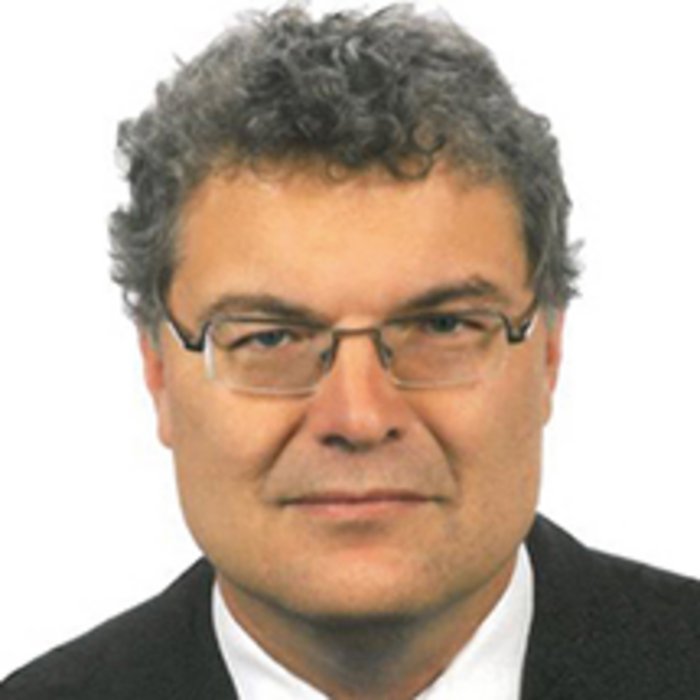
Jochen Streb
Jochen Streb is the Professor of Economic History at the University of Mannheim. His research focuses on the innovation history and regulation history of Germany. He has contributed to the American Economic Review, the Journal of Economic History, the RAND Journal of Economics, Research Policy, and other journals. He also published a book on German economic history in the twentieth century.
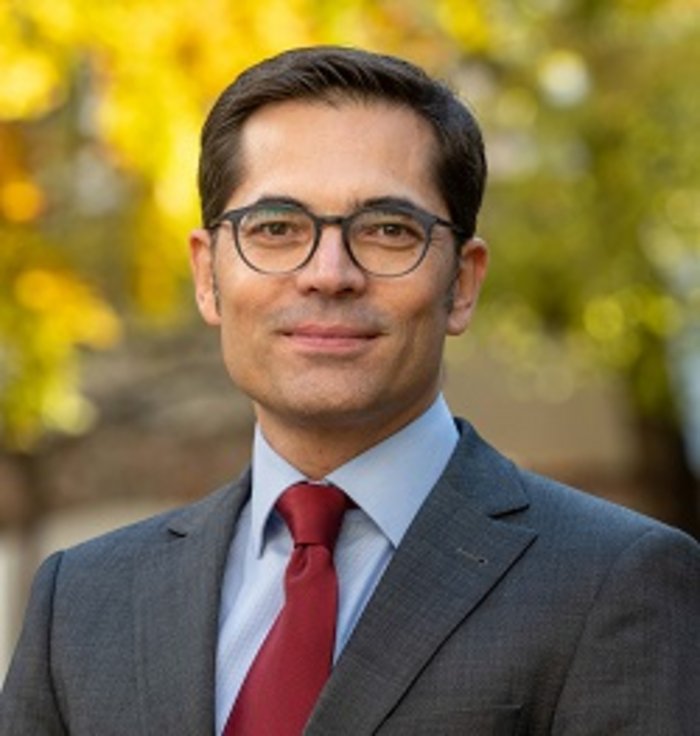
Uwe Sunde
Uwe Sunde joined the RWI Research Network in 2024. He collaborates with RWI’s research departments Labor Markets, Education, Population, and Climate Change and Development. Uwe Sunde is professor of economics at the University of Munich (LMU), where he holds the chair of population economics. He is research professor at ifo, Munich, and DIW, Berlin, and a fellow of the German Federal Institute for Population Research, the Center of Economic Policy Research (CEPR), London, and of the Institute of Labor Economics (IZA), Bonn. Uwe Sunde’s research interests include population economics, growth and long-term development, labor economics, political economy, and behavioral economics. Recipient of the Gossen-Preis awarded by the Verein für Socialpolitik and member of the Academia Europaea, he is founding editor of the Journal of the Economics of Ageing and Associate editor of the Journal of Population Economics. He holds a doctorate in economics from the University of Bonn.

Harald Tauchmann
Harald Tauchmann is professor of health economics at FAU Erlangen-Nuremberg. He was head of the junior research group at CINCH and research associate at RWI Essen. He studied economics, political science, sociology and biology in Manchester and Heidelberg, where he received his doctorate degree. His research focuses on applied econometrics and empirical health economics.
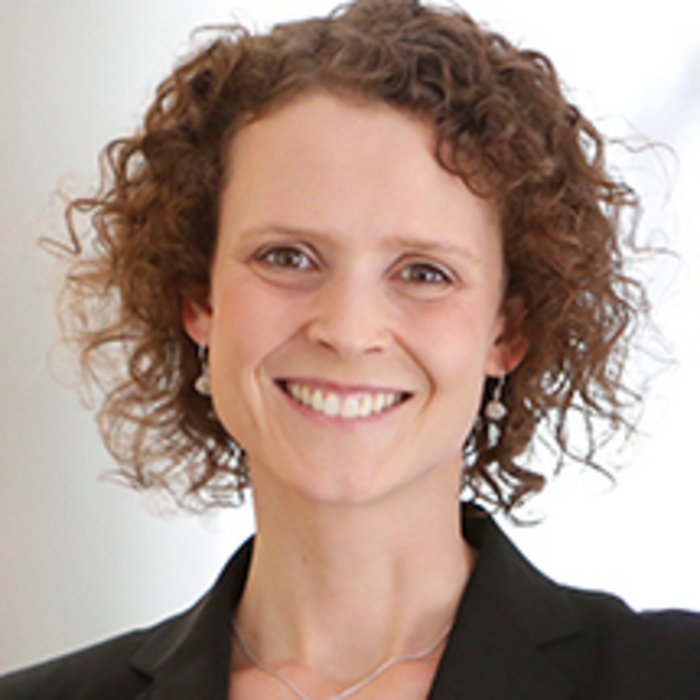
Verena Tiefenbeck
Verena Tiefenbeck is an Assistant Professor at the University of Erlangen-Nuremberg and a senior researcher at the chair of Information Management at ETH Zurich. She leads the Bits to Energy Lab in Nuremberg and Zurich, an interdisciplinary team that combines digital technologies, data analytics, and behavioral research to foster resource conservation and to identify effective strategies to change consumer. Prior to completing her PhD at ETH Zurich, she spent 3.5 years in Boston at MIT and at the Fraunhofer Center for Sustainable Energy Systems.

Michael Toman
Michael Toman is Lead Economist on Climate Change in the Development Research Group and Manager of the Energy and Environment and Agriculture and Rural Development Team at the World Bank. His research interests are alternative energy resources, policies for responding to risks of climate change catastrophes, timing of investments for greenhouse gas reduction, and mechanisms for mitigating greenhouse gas emissions through reduced deforestation. His work is published in Nature Sustainability, World Development, Journal of Environmental Economics and Management, Energy Policy and Environmental Research Letters.

Harald Uhlig
Harald Uhlig is professor at the University of Chicago since 2007. After receiving his PhD from the University of Minnesota in 1990 he worked at the Universities of Bonn, Tilburg, Stanford and Berlin. He is guest researcher at the Bundesbank and consultant at the Federal Reserve Bank in Chicago as well as at the European Central Bank. His main research interests are in macroeconomics with a special focus on applied quantitative theory and applied dynamic, stochastic general equilibrium theory as well as the intersection of macroeconomics and financial economics. He published his contributions among others in the American Economic Review, Econometrica, the Journal of Finance and the Journal of Monetary Economics.
Harald Uhlig is a founding member of the RWI Research Network.
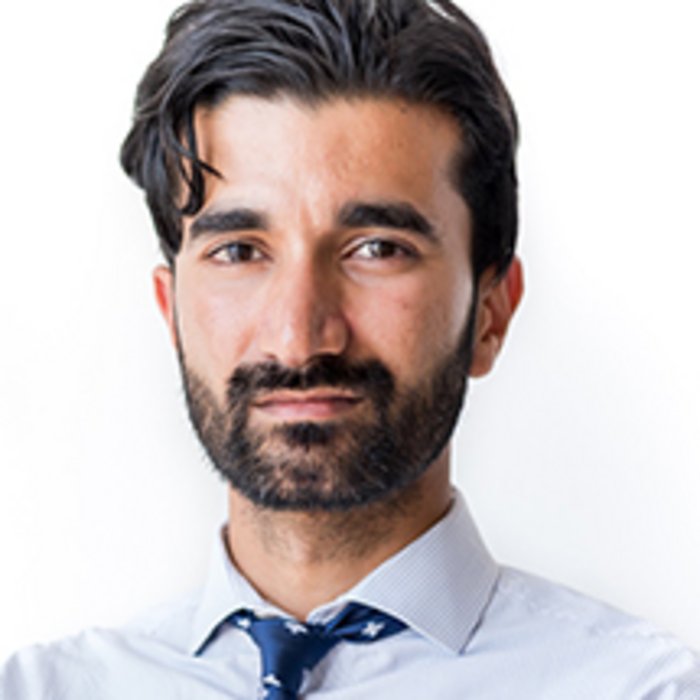
Faraz Usmani
Faraz Usmani is a Research Economist in the International Unit at Mathematica. His research interests lie at the intersection of environmental and development economics. He studies how lack of access to modern energy services affects environmental and socioeconomic outcomes in low- and middle-income countries. He is also interested in what drives the effectiveness of environmental and development interventions in remote, rural settings. Prior to joining Mathematica, Faraz was an Atkinson Postdoctoral Fellow at the Charles H. Dyson School of Applied Economics and Management at Cornell University. He received his PhD in Environmental Economics from Duke University.
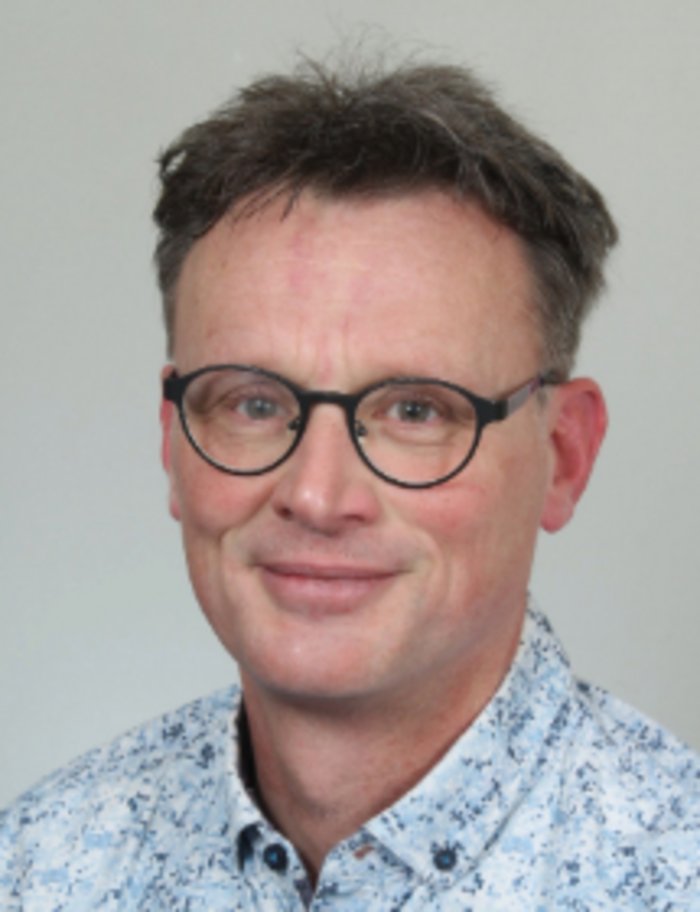
Daan van Soest
Daan van Soest is professor of environmental economics at Tilburg University (Department of Economics and CentER), and past Academic Director of the Tilburg Sustainability Center. He has worked on a wide variety of topics within environmental economics, such as renewable natural resource management, energy economics, and environmental policy design. His research is both theoretical and empirical in nature, and he also uses economic experiments to gain insight into the behavioral aspects of (un)sustainable resource use. He publishes his work in specialized field journals in environmental economics as well as in general interest economics journals. He has served as associate editor for Environmental and Resource Economics, and as co-editor-in-chief of Resource and Energy Economics.

Carla Vogt
Carla Vogt is professor of Economics at the University of Applied Sciences Bochum since 2009. From 2006 to 2009 she taught Economics as a professor at HTWK Leipzig. She obtained her venia legendi in Economics in 2007 from the Otto-von-Guericke University Magdeburg, where she also acquired her Ph.D. in Economics in 2001. From 2000 to 2006 she joined the Environmental Economics Department at ZEW Mannheim as a researcher. Her research and publications focus on incentive problems in international climate policy.

Gernot Wagner
Gernot Wagner is a climate economist and senior lecturer at Columbia Business School. His research, writing and teaching focus on climate risk and climate policy. He has written five books, writes a monthly globally syndicated column and is a frequent contributor to The New York Times and The Washington Post, among others.

Casey Warman
Casey Warman is an Associate Professor in the Economics Department at Dalhousie University and a Faculty Research Fellow at the National Bureau of Economic Research. His current research interests primarily involve empirical issues in the areas of health economics and immigration. His research has been published in the Journal of Human Resources, the Canadian Journal of Economics, Labour Economics and the American Economic Journal: Economic Policy.
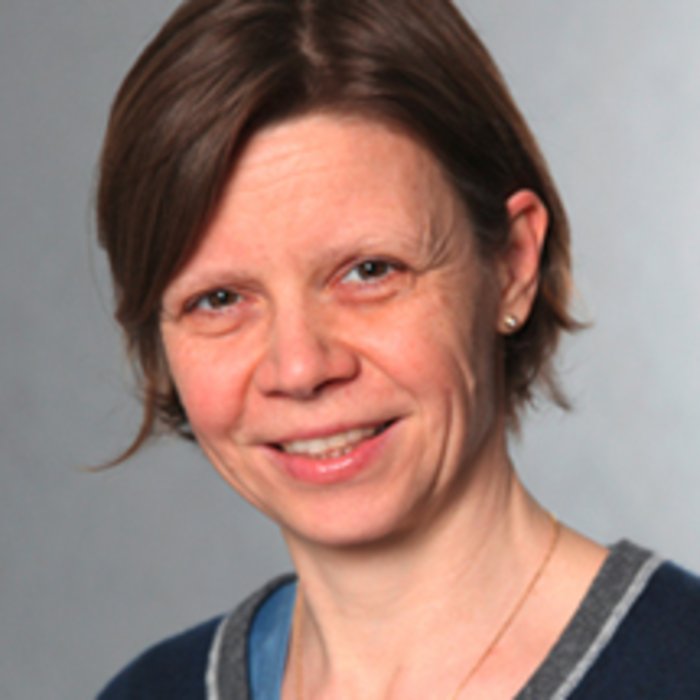
Andrea Weber
Andrea Weber is professor of Labor Economics at the Central European University. She received a PhD from the Vienna University of Technology in 2002 and held positions at the University of Mannheim, RWI, and visiting assistant professorship at UC Berkeley. Her current research interests include the social insurance systems, labor market policies, and gender differences in the labor market.

Rosemarie Wehner
Rosemarie Wehner is a Political Economist and Advisor of the German Hospital Federation (DKG) in Berlin. She works at the Political Department of the DKG and at the CEO’s office. She assists legislative processes in the hospital sector through political consulting. Additionally she analyses the hospital sector with quantitative and qualitative methods and prepares hospital data for the political argumentation. Furthermore she is a member of the German Society for Health Economics and is chairing the “Committee Inpatient Care”. Prior to joining the DKG, she was a Research Assistant at the Department of Health of the RWI. Her research focuses on the hospital sector and regional disparities
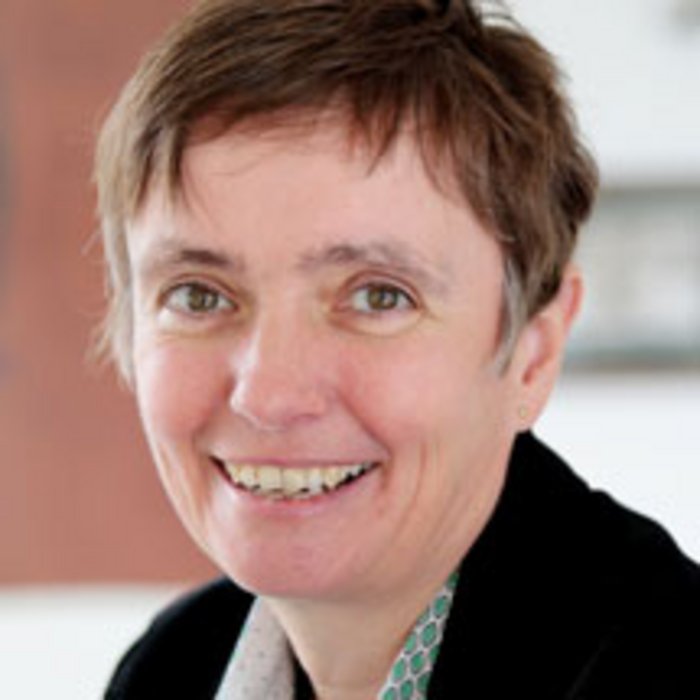
Friederike Welter
Friederike Welter is President of the IfM Bonn and professor for SME management and entrepreneurship at University of Siegen, Germany. She has broad experiences in applied and policy-related research on entrepreneurship and small business, much of it in an international context. She has published widely and is on the review board of several leading entrepreneurship journals as well as associate editor of Entrepreneurship Theory & Practice.
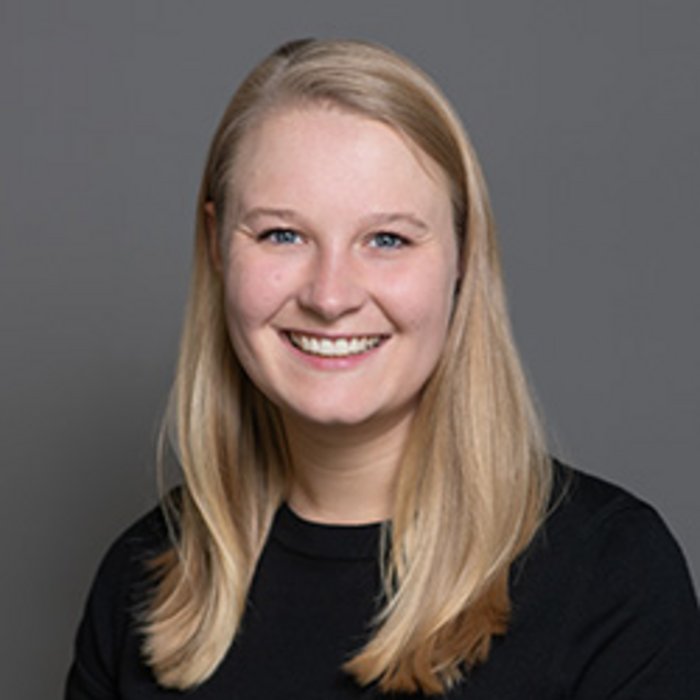
Madeline Werthschulte
Madeline Werthschulte is an Assistant Professor in Environmental Economics at the Institute for Environmental Studies (IVM) at Vrije Universiteit Amsterdam and a Junior Research Associate at the ZEW – Leibniz Centre for European Economic Research Mannheim. She obtained her PhD degree in Economics from the University of Münster in 2021. Her research lies at the intersection of behavioral and environmental economics. In particular, she studies determinants of household decision-making with regards to energy efficiency using (field) experimental methods.

Rosaine N. Yegbemey († 29. January 2023)
Rosaine N. Yegbemey was an assistant professor at the Faculty of Agronomy at the University of Parakou in Benin. He held a Ph.D. in Agricultural Economics and Rural Development from Justus-Liebig University in Giessen, Germany. His research interests included impact evaluation, monitoring and evaluation systems, mixed methods research, and climate change adaptation.
Rosaine N. Yegbemey passed away on January 29, 2023.

Ewa Zawojska
Ewa Zawojska is assistant professor at the Faculty of Economic Sciences at the University of Warsaw, where she also received her PhD degree. She has worked as a research assistant at Wirth Institute at the University of Alberta and completed research stays abroad, at the University of Tennessee and at Clark University within the Fulbright Junior Research Award. Her research interests include non-market valuation and preference elicitation.

Josef Zweimüller
Josef Zweimüller is professor of Economics at University of Zurich since 2007. He received his PhD from University of Linz. After being a Postdoctoral Fellow at University of California, Berkeley and Stanford University, he got appointed as an assistant professor in Vienna and Linz before moving to Zurich in 1997. His research with a particular focus on labor economics, welfare state programs and income distribution got published in a number of prestigious journals such as the American Economic Review, Quarterly Journal of Economics, Review of Economic Studies, Journal of Public Economics,the Journal of Labor Economics among others. From 2009-2015 he was the Programme Director of the CEPR Programme Area “Labor Economics”.
Josef Zweimüller is a founding member of the RWI Research Network.